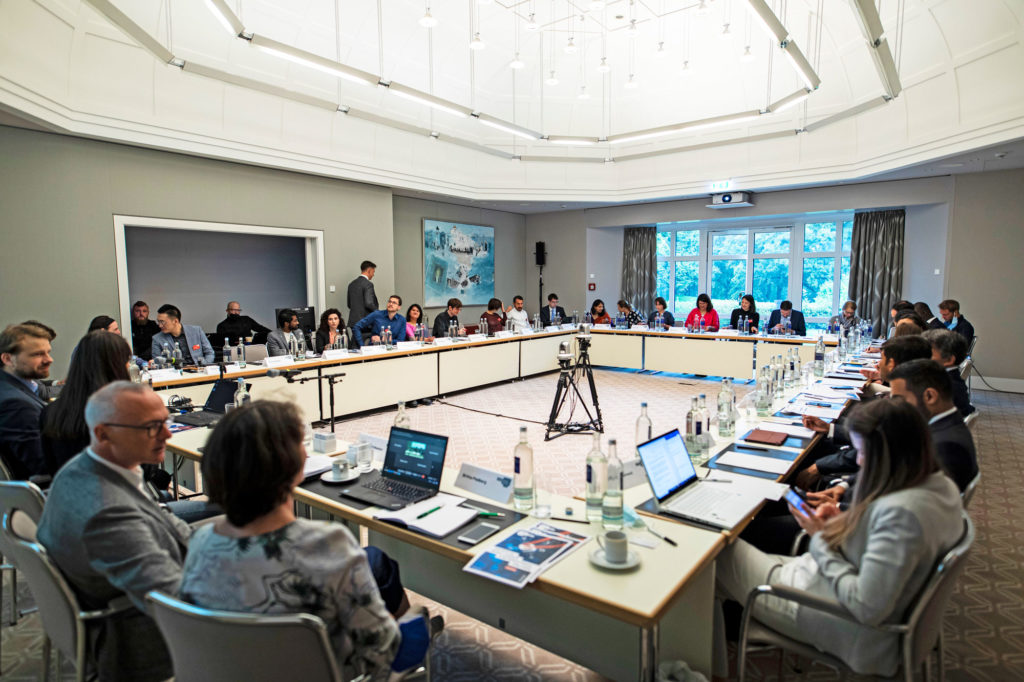The Academy is a place for discussion. With its different events – evening lectures, panels, summer academies and fireside chats – it aims to share ideas from its work and from the Fellows’ research with the public. It invites guests from science, politics and other areas of society to join in the dialogue.
Current
events
-
 Coffee & Cake
Coffee & CakeEvent-Report: International Cooperation of ‘coerced’ returns of migrants
Migration researcher Zeynep Şahin Mencütek from the Bonn International Centre for Conflict Studies (BICC) presented her current research on the dimension of international cooperation in connection with the “forced” return of unauthorized migrants and refugees to the Fellows and other interested guests of the Academy at Coffee & Cake.
Read more -
 Panel Discussion
Panel DiscussionEvent-Report: Afghanistan in the crossfire – between Taliban and geopolitics
The discussion took a clear and technically competent look at past Western involvement in Afghanistan from different perspectives. It offered plenty food for thought and further discussion.
Read more -
 Roundtable
RoundtableEvent-Report: The Future of EU-China Relations
The latest election results in the European Union have led to a significant change in parliamentary composition, which may result in a different approach to cooperation with China. Against this backdrop, AIA Fellow Reza Hasmath brought together policy advisors and scholars from Germany, Italy, the Netherlands, Latvia, the UK and Canada to analyze the future of three key strategic aspects of EU-China relations: (1) economic trade, (2) technological and scientific cooperation, and (3) global peace and security initiatives. The results of the workshop will soon be published as part of the new AIA Discussion Paper series. In addition to identifying key strategic aspects, the paper will also contain possible recommendations for improving EU-China relations in the latter half of the 2020s. Programme In Conversation: The Future of EU-China relations Convener: Prof. Reza HasmathUniversity of Alberta, Canada Fellow AIA NRW E-Mail Contact: Lisa HartmannPublic Relations and Events Officer E-Mail
Read more -
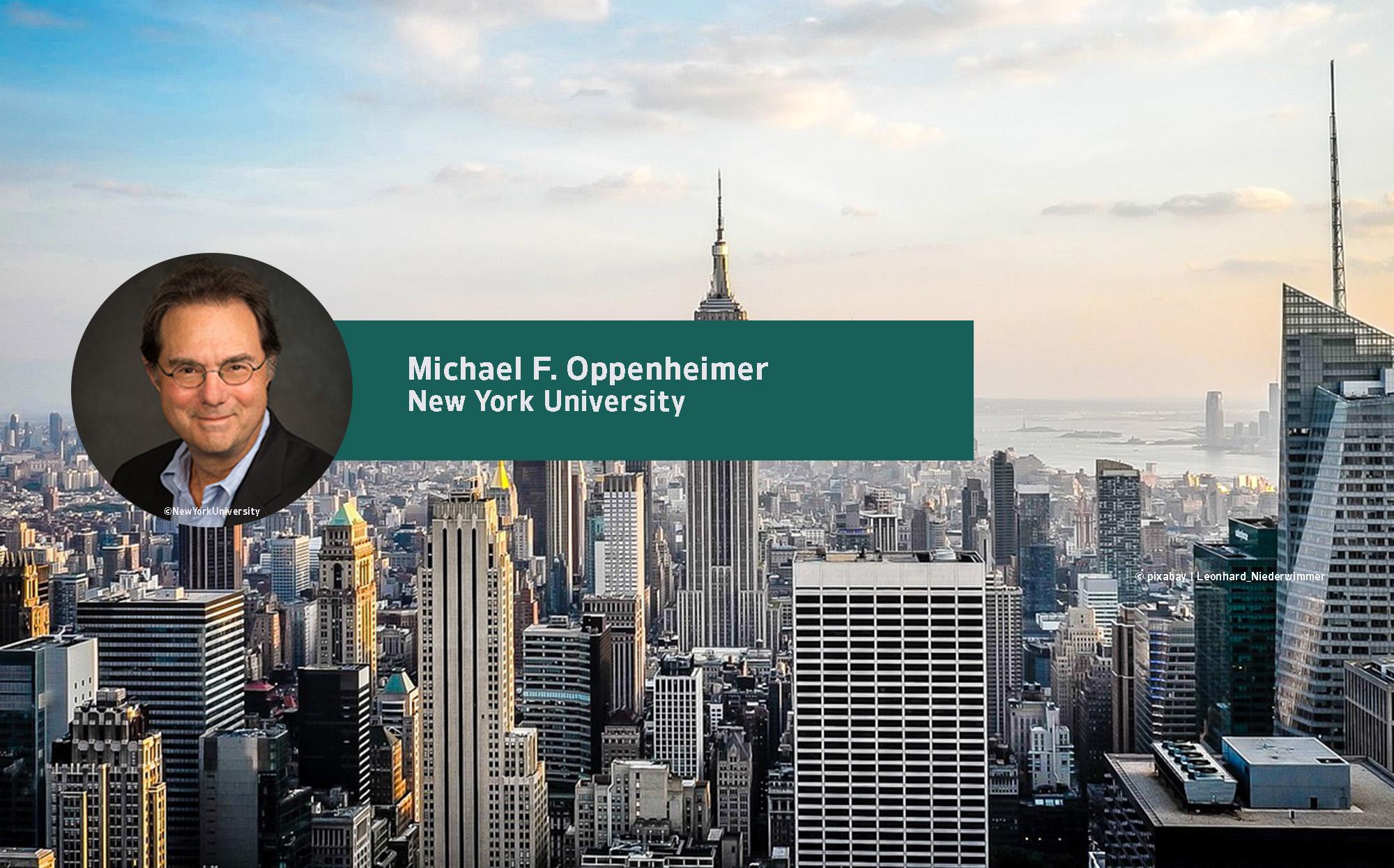 Coffee & Cake
Coffee & CakeEvent-Report: Hard Times for U.S. Soft Power in a Hostile World
The distinction between hard and soft power has long been a classic tool in international relations research. In a world that has undoubtedly become more conflictual, the importance of soft power appears to be diminishing at first glance.
Read more -
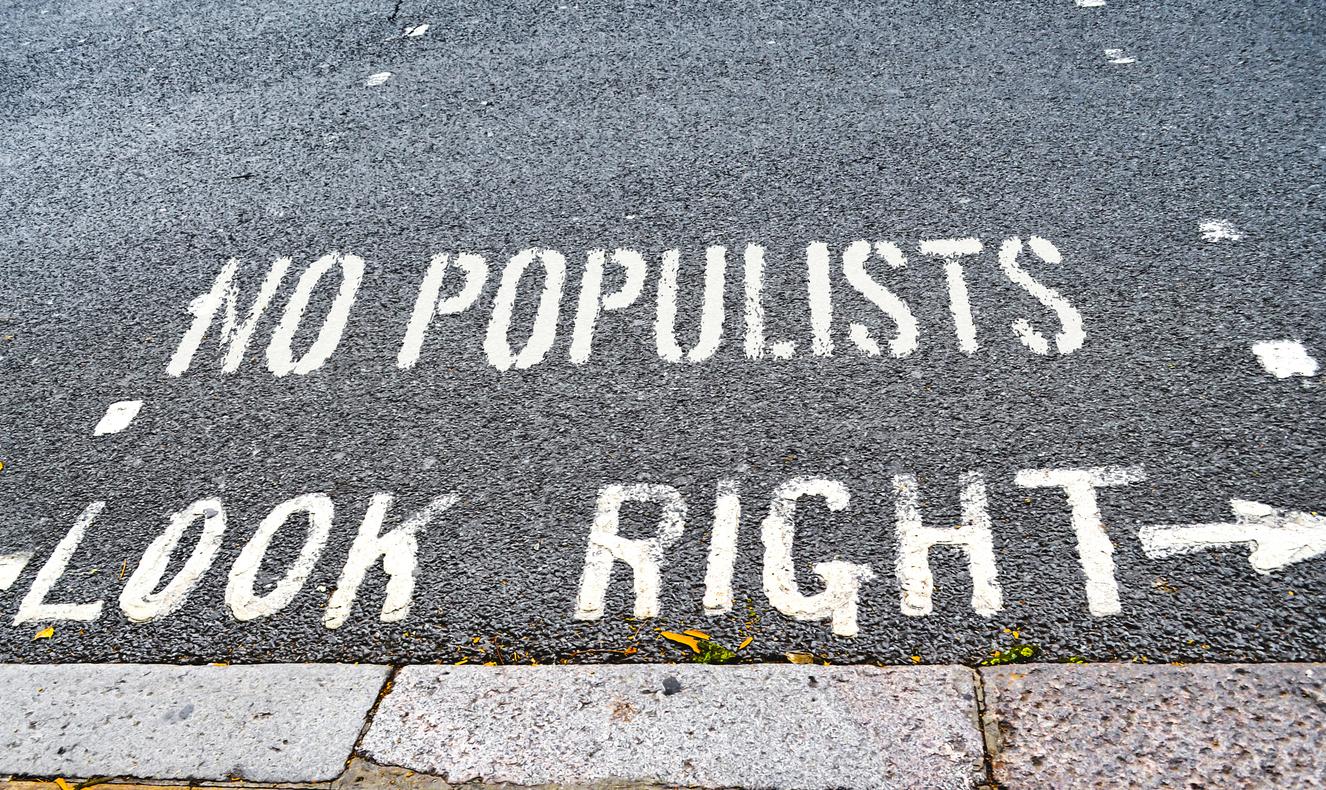 Workshop
WorkshopFrom Fringe to Forefront: Understanding Populist Parties and their Growing Influence in European Politics
The rise and electoral success of populist parties all throughout Europe, with far-right governments in place in Eastern, Northern, Southern and Western Europe, and also beyond has been alarming to political scientists who have observed the trend and warned of the consequences to liberal democracies. As the political landscape evolves, understanding the dynamics and impact of these parties is thus crucial.
Read more -
 Dialogue Forum
Dialogue ForumEvent Report: Talking peace in a world of open conflicts
The world has become increasingly less peaceful in recent years due to the Russian war of aggression in Ukraine and the escalation of violence in the Middle East. The associated challenges were discussed on Friday, May 10 at AIA NRW from a decidedly peace-ethical perspective. Public debates on these armed conflicts have so far been dominated primarily by security policy considerations. The logic behind this may be understandable, but there is a risk that a well-founded peace ethics perspective will be overlooked.
Read more -
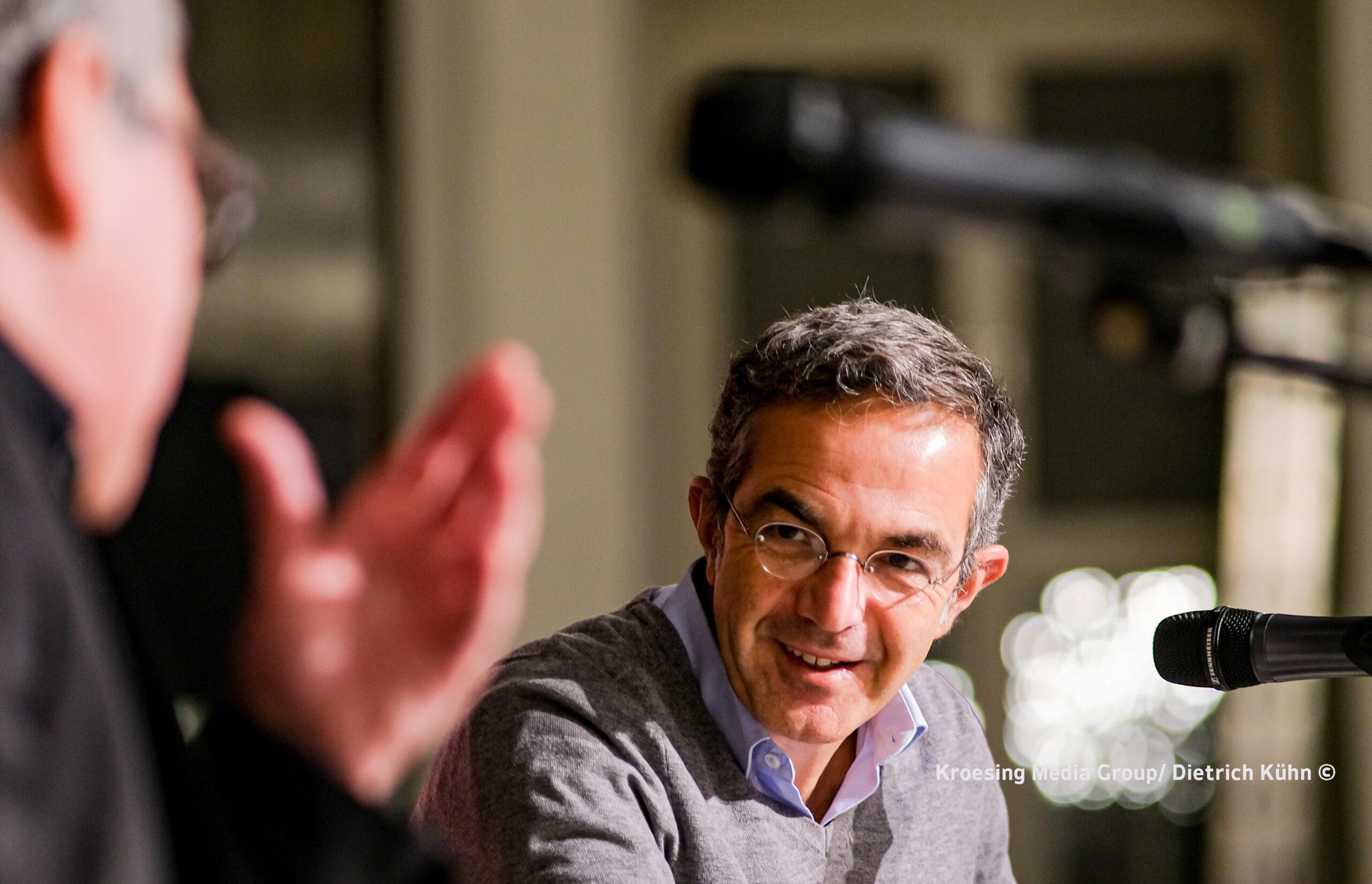 Panel Discussion
Panel DiscussionThe middle east in a changing world order
The Middle East has been a culturally and geostrategically fascinating and complex region for decades. The importance of this region for global politics in the 21st century will in all likelihood continue to grow.
Read more -
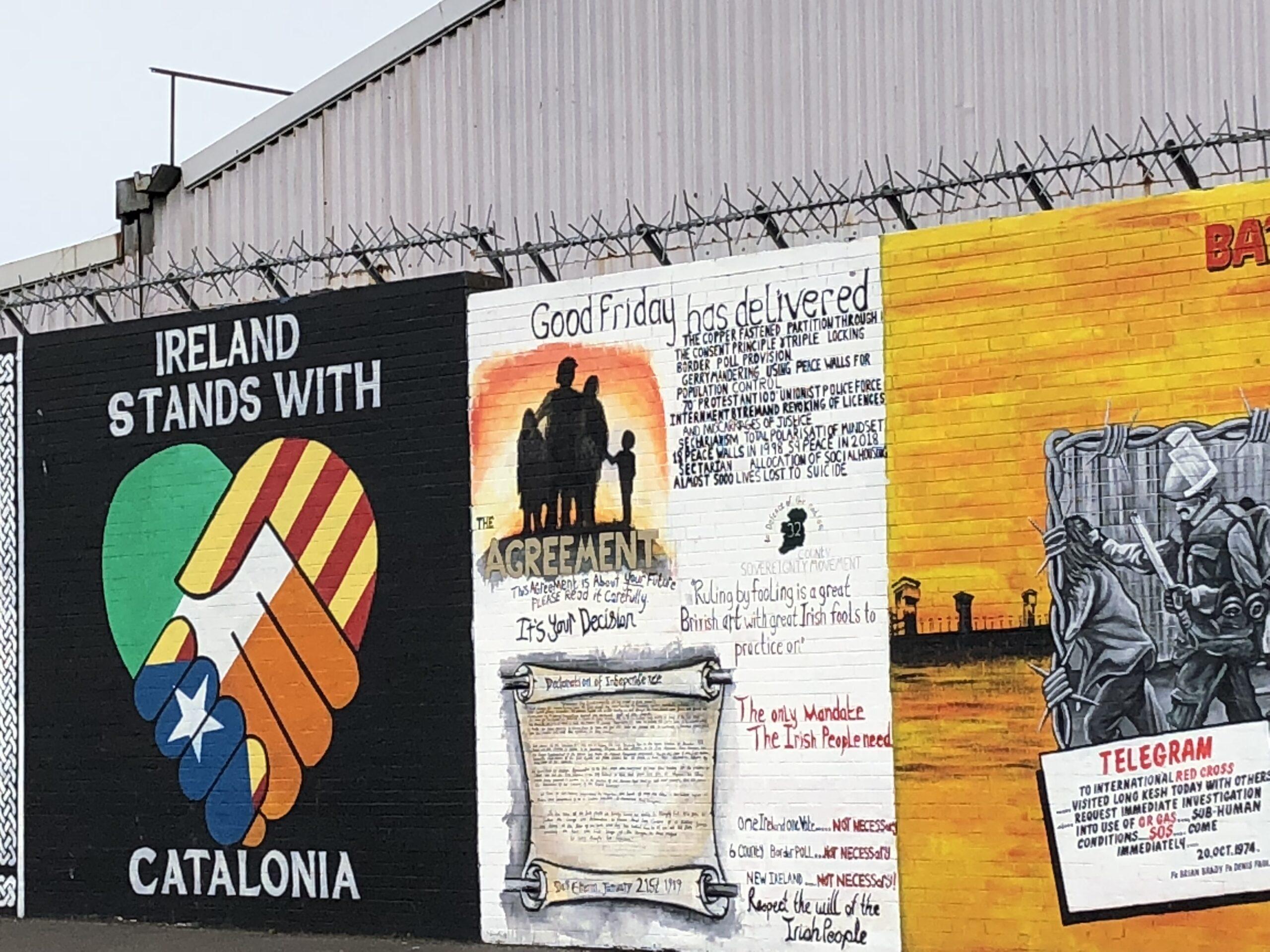 Workshop
WorkshopVideo-Statements: Narratives of adhesion vs. separation
Case studies of contested sovereignty in Europe
Efforts to achieve autonomy have certainly existed since the time when political communities first emerged. The questions of who belongs to whom, who does not belong to whom, who sees themselves as something independent and who wants to belong to something bigger are probably some of the timeless fundamental historical questions and one of the central reasons for political conflicts and wars.
Read more -
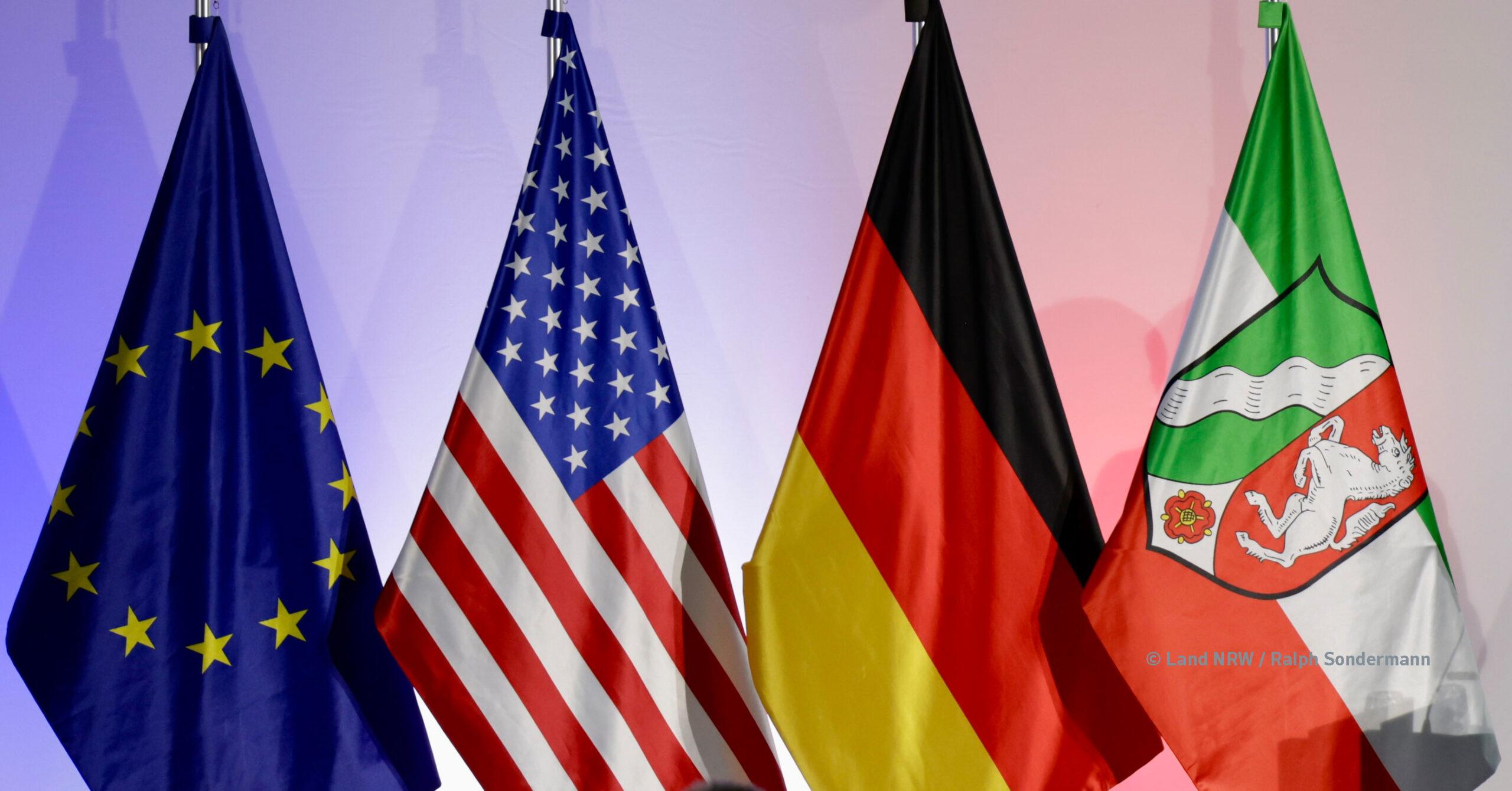 Hybrid Event
Hybrid EventSubnational Diplomacy as a Building Bloc of Meaningful Partnership
The US Consulate General in Düsseldorf and the Academy co-organised two panel discussions evaluating the potential of subnational diplomacy in building meaningful partnerships. The event was part of the NRW-USA year commemorating the transatlantic partnership and celebrating the close cooperation this friendship has created.
Read more -
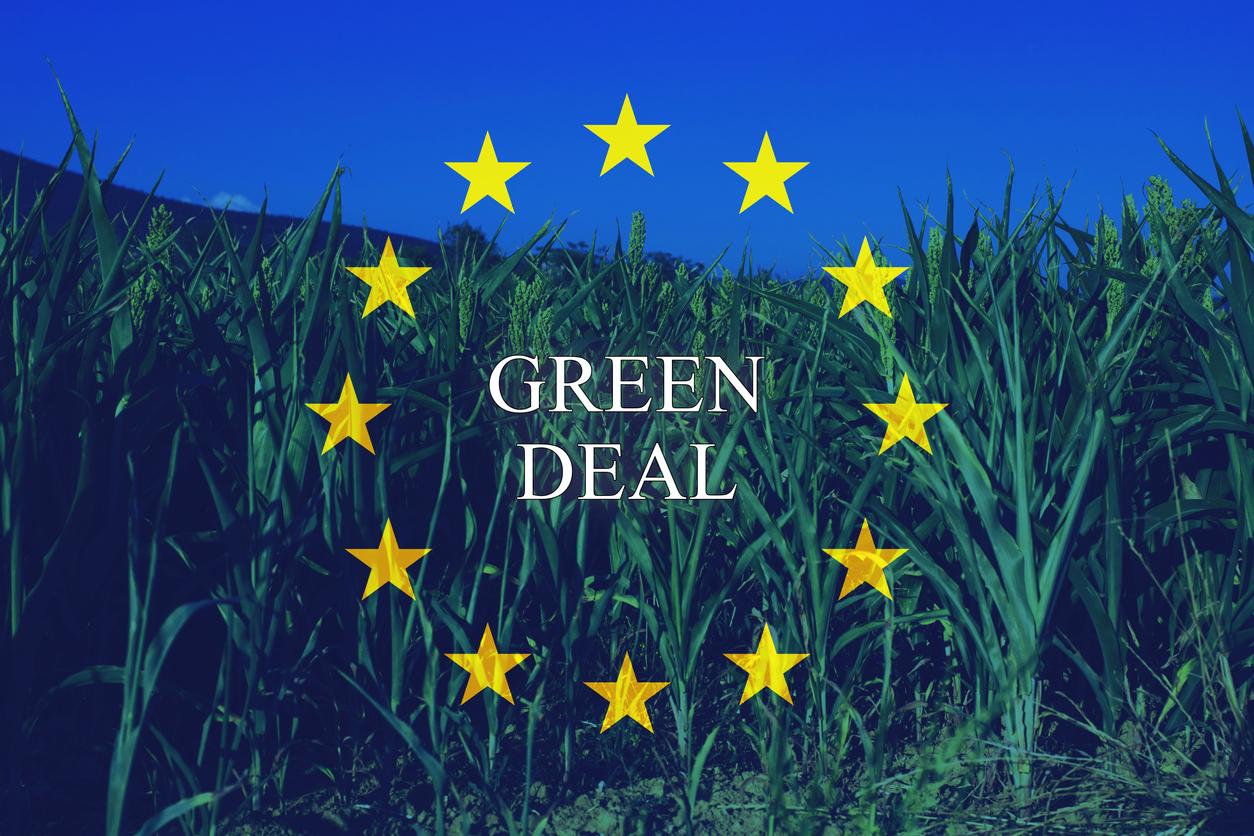 Webinar
WebinarIs EU’s Green Deal leading the future of Global Agriculture Trade?
The EU’s new Green Deal has raised several research questions and generated vast expectations on the way Europe seeks to change towards a more sustainable path, both at an international and regional level.
Read more -
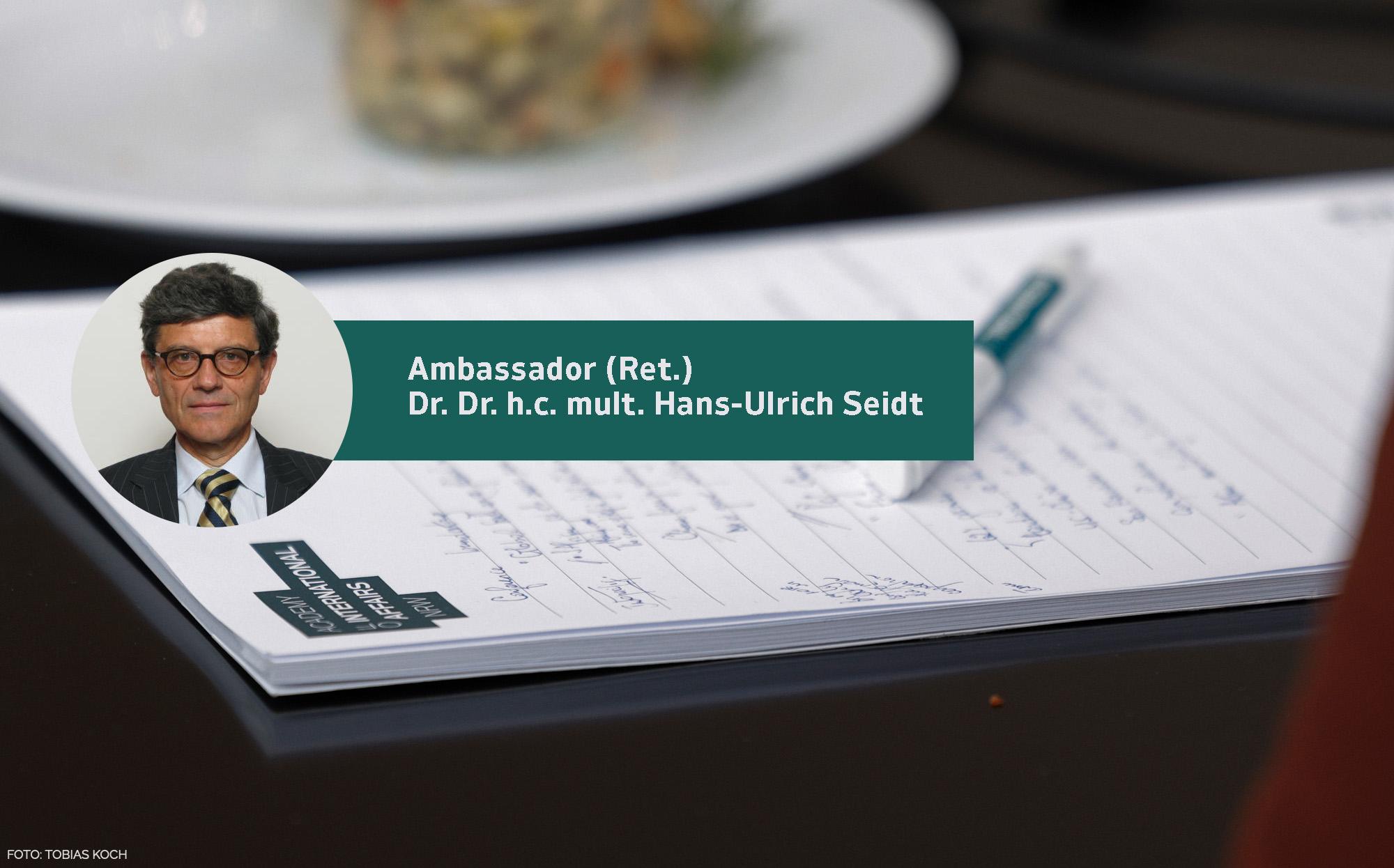 Coffee & Cake
Coffee & CakeAfghanistan’s Road to Modernity 1880-1930
State-Building, Reforms, Conflicts
Nearly twenty years of Western intervention in Afghanistan ended on August 15, 2021, when the Taliban returned to power. The disastrous failure of Western involvement was a result of the permanent and often violent conflict between tradition and modernity that has characterised Afghanistan’s society for almost a century and a half.
Read more -
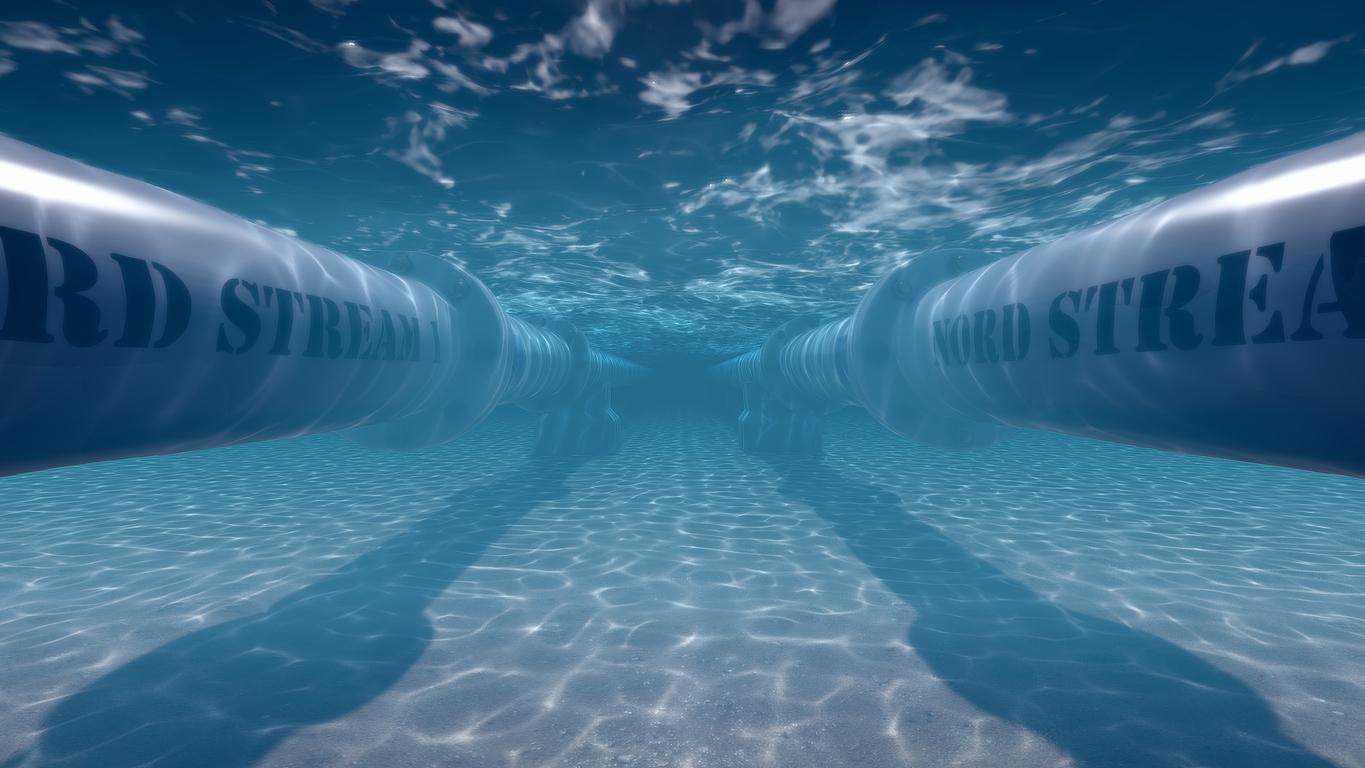 Workshop
WorkshopEU Pipeline Politics, Energy Crisis, and the Nord Stream Projects: The Convergence of Energy Security Dilemmas
It has long been known among experts that there is a close connection between energy policy and energy supply with the field of security policy in Europe and the world as a whole. However, it is only since the Russian attack on Ukraine and the sabotage of North Stream II that there has been a broader public understanding of these connections.
Read more -
 Workshop
WorkshopAdvancing Economic Paradiplomacy
The aim of Vivek Anand’s research activities is to decipher the dynamics of economic paradiplomacy, in particular to identify best practices. As part of these research activities, a two-day workshop was held with 24 participants, in which both researchers and paradiplomacy practitioners were able to exchange ideas.
Read more -
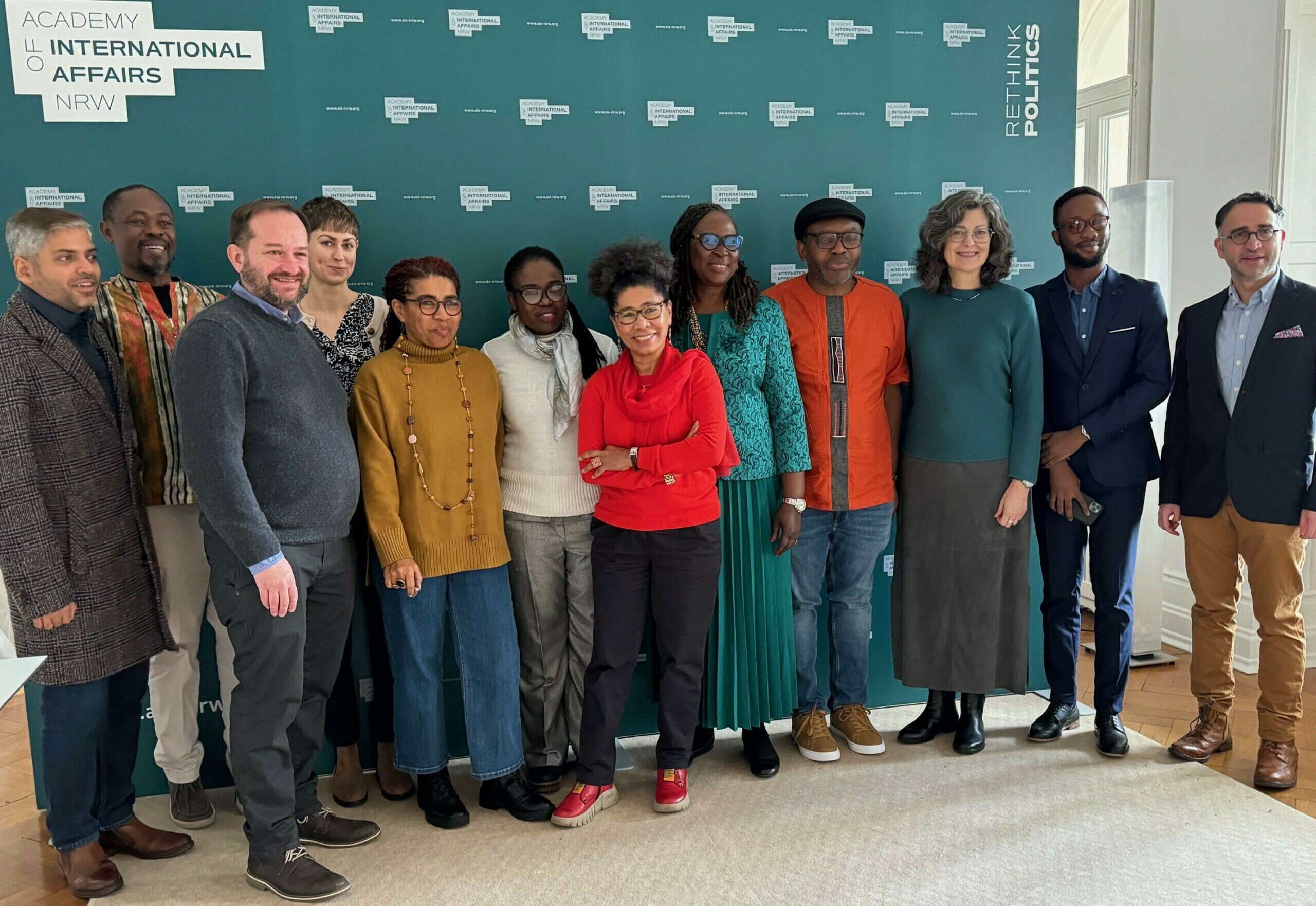 Workshop
WorkshopDecolonizing Transnational Humanitarianism: Intersections between Germany and Africa
In their workshop, Prof. Cecelia Lynch (University of California, Irvine) and Prof. Nadine Machikou (University of Yaoundé II, Cameroon) addressed a topic that is as complex as it is controversial. Intersectional theorizing and post-colonial discourses have been booming in the academic landscape as well as in feature pages and cultural policy debates for some time now.
Read more -
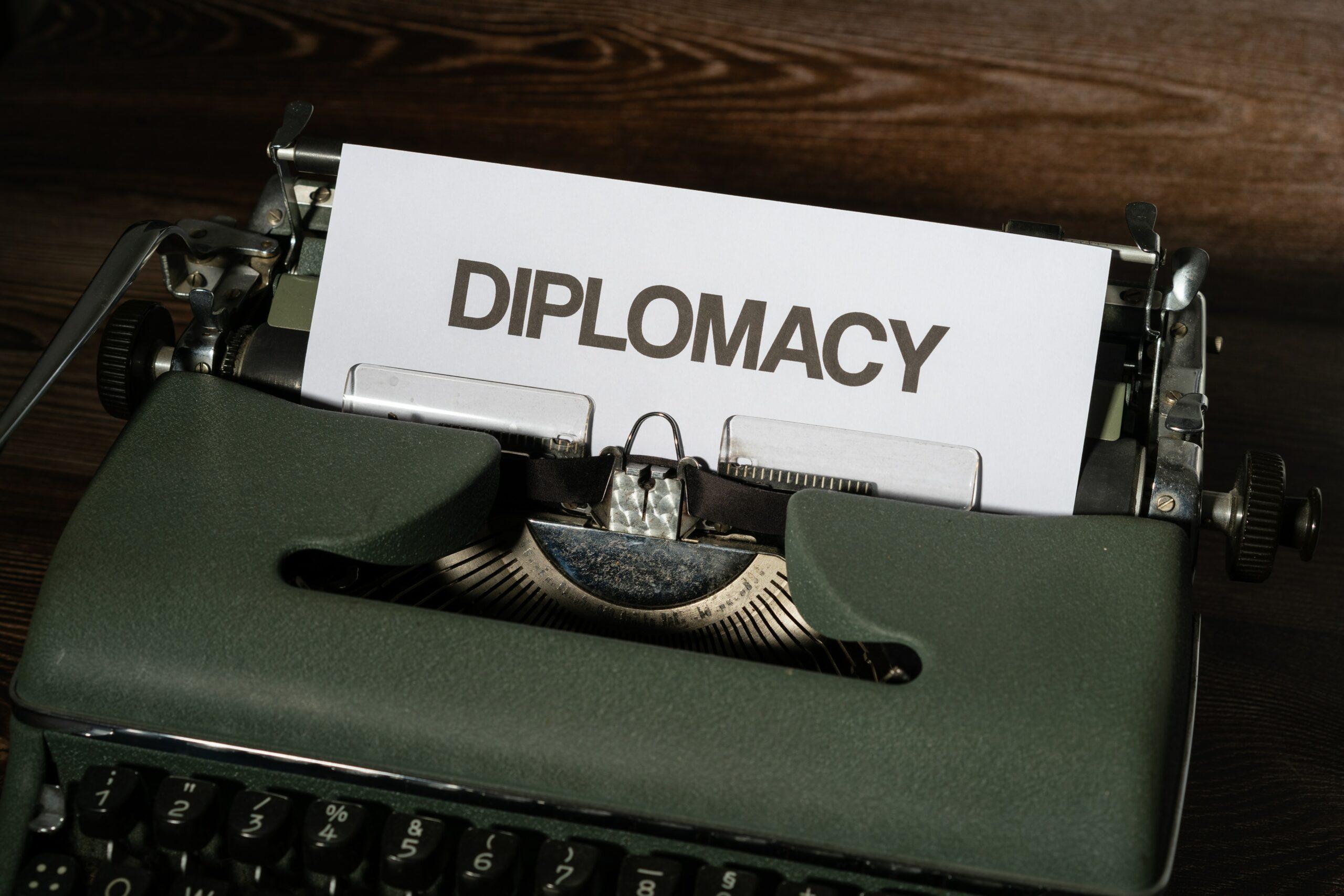 Workshop
WorkshopDiplomatic Communication, Disinformation & Conflict
While fake news in social media has been receiving increasing attention, disinformation in diplomatic communication, especially in times of war and conflict, has not been discussed as prominently. We are interested in tackling several aspects surrounding the topic of communication, including questions such as: How are narratives used in diplomatic communication and why are they important? What is the role of diplomatic communication and narratives in conflict? How can we grasp diplomatic narratives – and how can we identify and counteract disinformation in them? In our transdisciplinary workshop we will bring together speakers from diplomacy and academia to shed light on these questions from very different perspectives.
Read more -
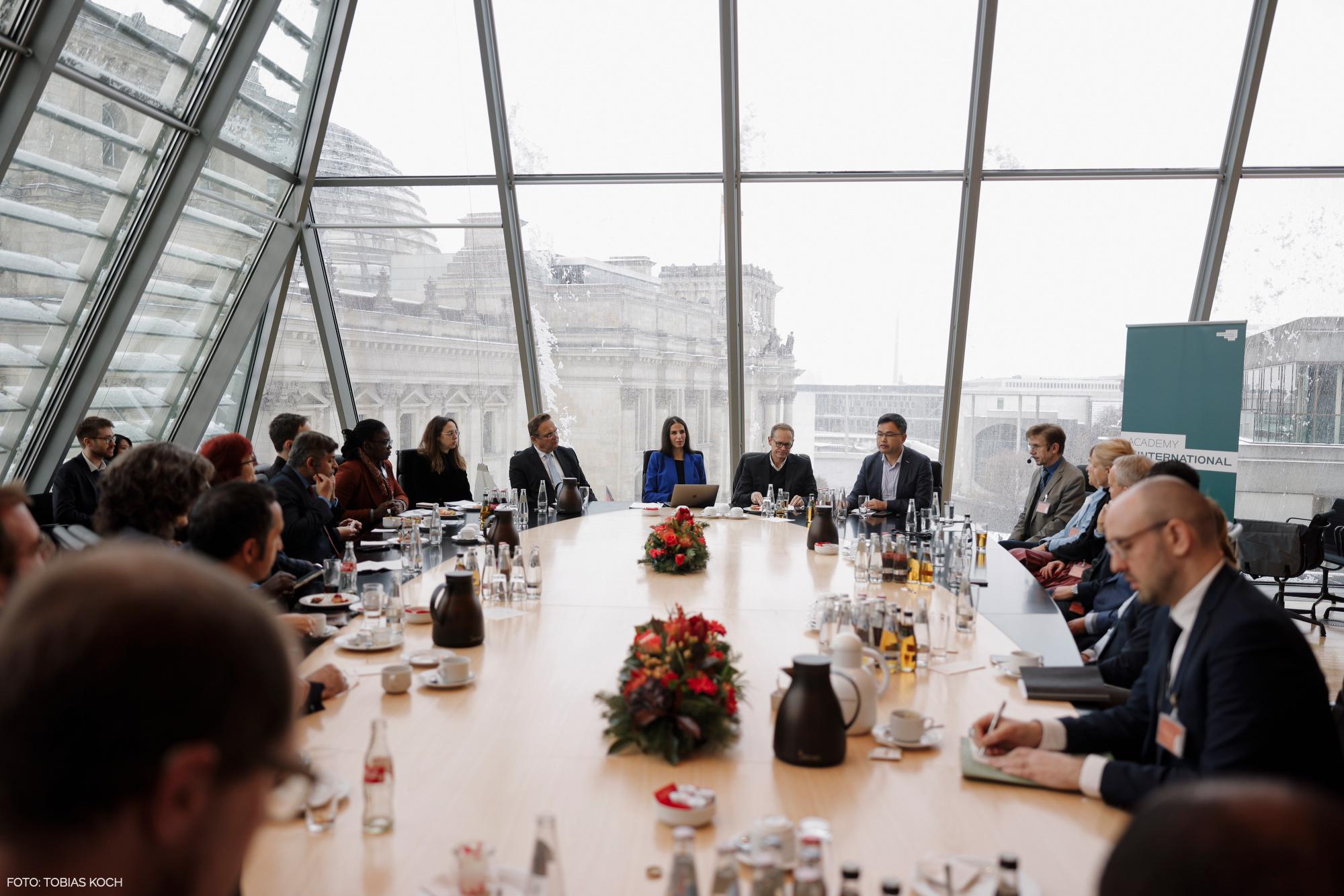 Event
EventEurope-China Relations and Cooperation Potentials in light of the Ukraine War
Parliamentary Meeting at the Bundestag Over the past 50 years, political tensions in economic relations between Germany and China have tended to be the exception. This has changed as a result of flaring international conflicts such as the Russian war of aggression against Ukraine and the associated geostrategic consequences. China’s open claim to power is changing the geopolitical situation, to which the German government must respond. For this reason, the German government has agreed and published its own China strategy for the first time in history.
Read more -
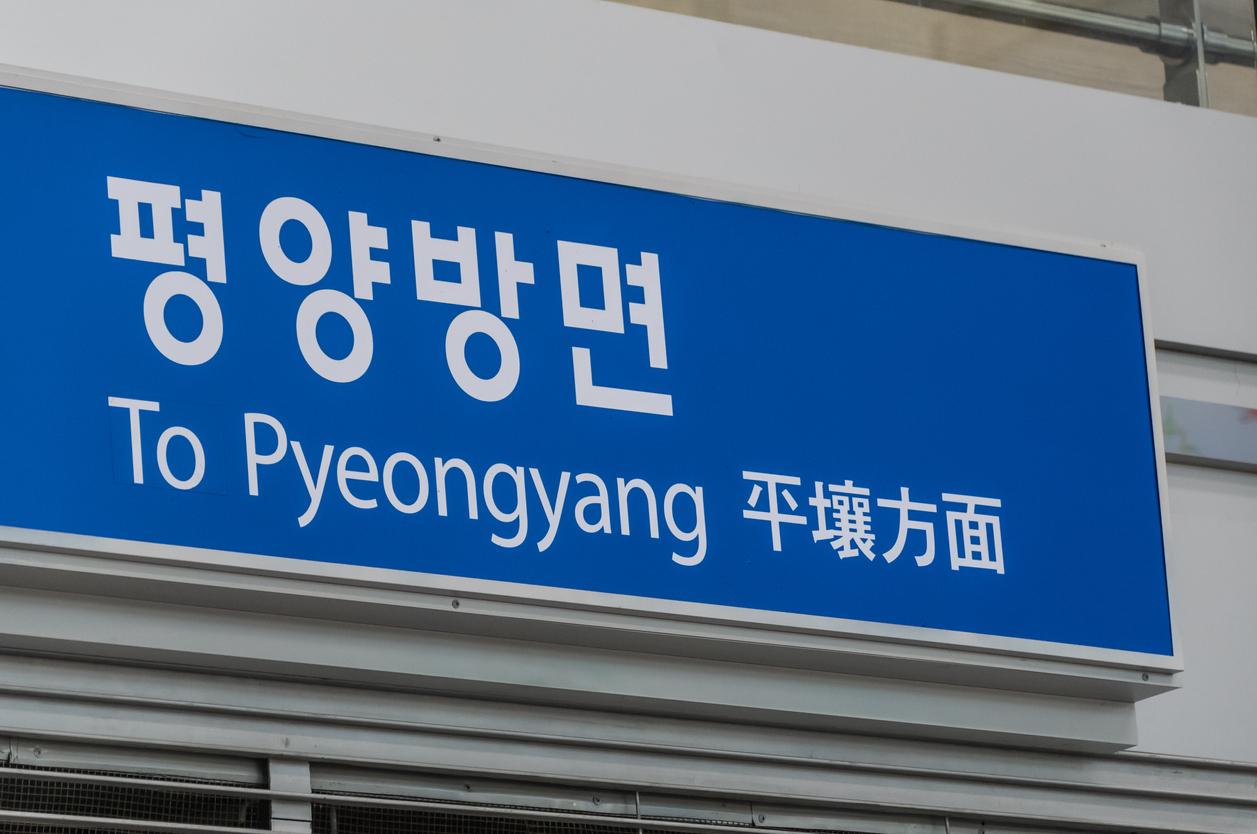 Seminar
SeminarWhat are the challenges and opportunities in Inter-Korean relations?
In cooperation with the Embassy of the Republic of Korea, a conference entitled “What are the challenges and opportunities in inter-Korean relations?” was held at the Bonn Science Center on 20 November on the future of South Korea and the challenges facing the country in light of the current global situation.
Read more -
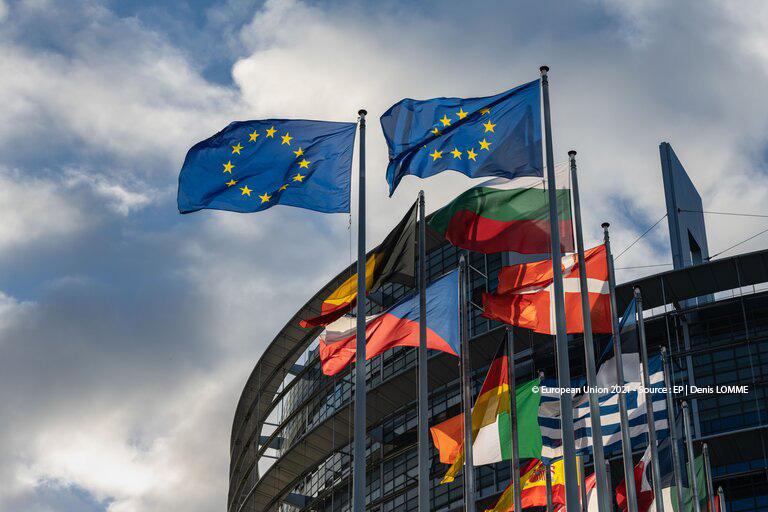 Conference
ConferenceEurope’s Future Orders – Europe in Future International Orders
Europe is once again facing a crossroads: Will it lose importance in the face of the global changes and shifts in power that have been evident for some time now, or will it be able to gain influence on future regional and international orders once again?
Read more -
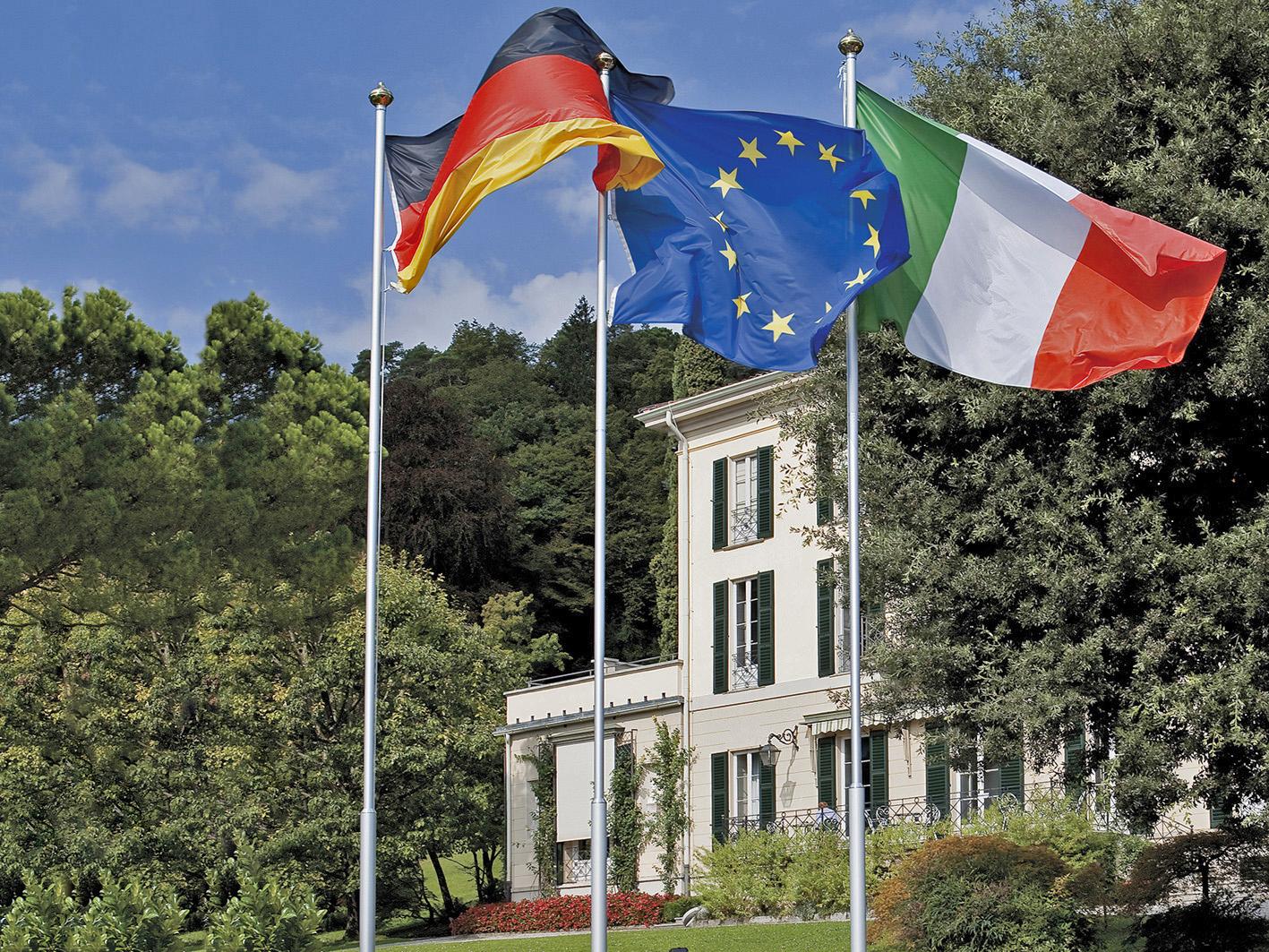 Workshop
WorkshopGlobal Power Shifts and the World After the Wars
New cold war, return of a thought of spheres of influence that seemed to have been overcome – Putin’s invasion of Ukraine and the ongoing turmoil in the Middle east will have fundamental consequences for the international order. European member states, whose societies could not imagine war in Europe, decide to invest significantly in their security architecture and to act unitedly – if sometimes not as quickly and co-ordinately as some would like – in Europe in the face of the Russian aggressor.
Read more -

International Security Forum Bonn 2023
The International Security Forum Bonn has a longstanding tradition of serving as a prominent platform for convening esteemed international experts and practitioners in the fields of security and foreign policy. This forum provides a unique opportunity for in-depth discussions on the future of transatlantic relations and critical issues within the realm of international politics. Its overarching objective is to identify effective strategies and approaches to advance German, European, and transatlantic foreign and security policies while addressing urgent security challenges.
Read more -
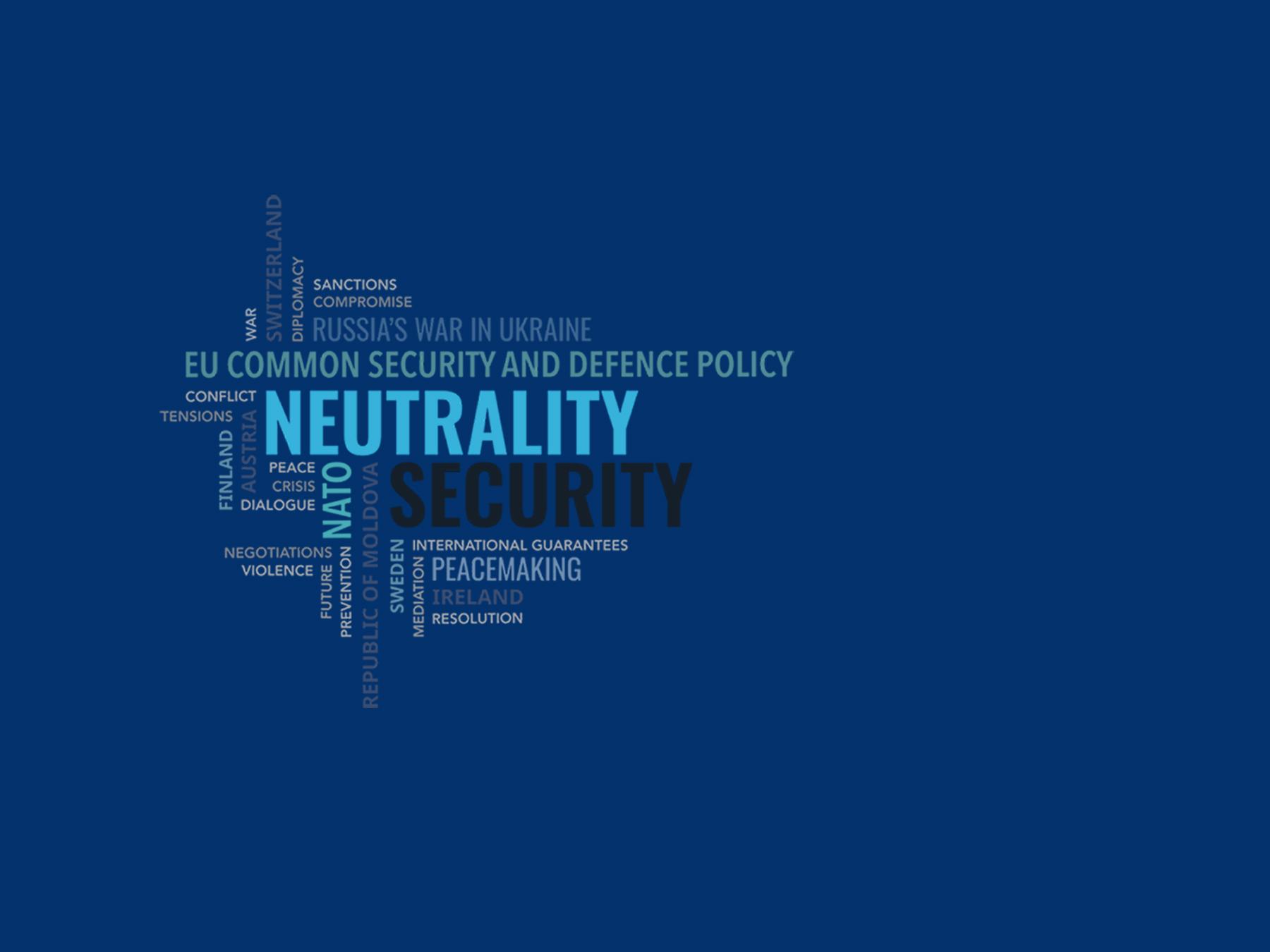 Workshop
WorkshopChallenges of the neutrality status in new realities: lessons for the Republic of Moldova
Russia’s full-scale aggression against Ukraine was a trigger for challenges to the neutrality status in Europe. Finland and Sweden abandoned their militarily non-aligned status and applied for NATO membership. Denmark decided to abolish the 30-year-old opt-out clause related to EU defense as the outcome of the national referendum. Malta’s and Ireland’s neutrality also sparked public debates. Switzerland declared that the adoption of the EU sanctions does not alter its neutrality in any way. Both Switzerland and Austria signed a memorandum of understanding on joining the German-led initiative Sky Shield aimed at strengthening Europe’s air defenses, denying that their participation would in any way compromise their traditional posture of neutrality.
Read more -
 Workshop
WorkshopDeconstructing Masculinities as the Local Meets the Global
When gender is approached from the perspective of international relations, we often see references made to the SDGs and global partnerships around gender and development. When masculinities are inserted into the analyses we often focus on issues of peace and conflict (eg. wars, terrorism, peace initiatives) or international political leadership, without sufficiently historicizing and contextualizing these. The history of colonialism in Africa has had a profound impact on the construction of masculinities in Africa as colonial powers imposed their own ideals of masculinity on African societies. Many of these—for example notions of a male “bread winner”— have persisted and influenced how African men interact within their communities as well as the world beyond their borders.
Read more -
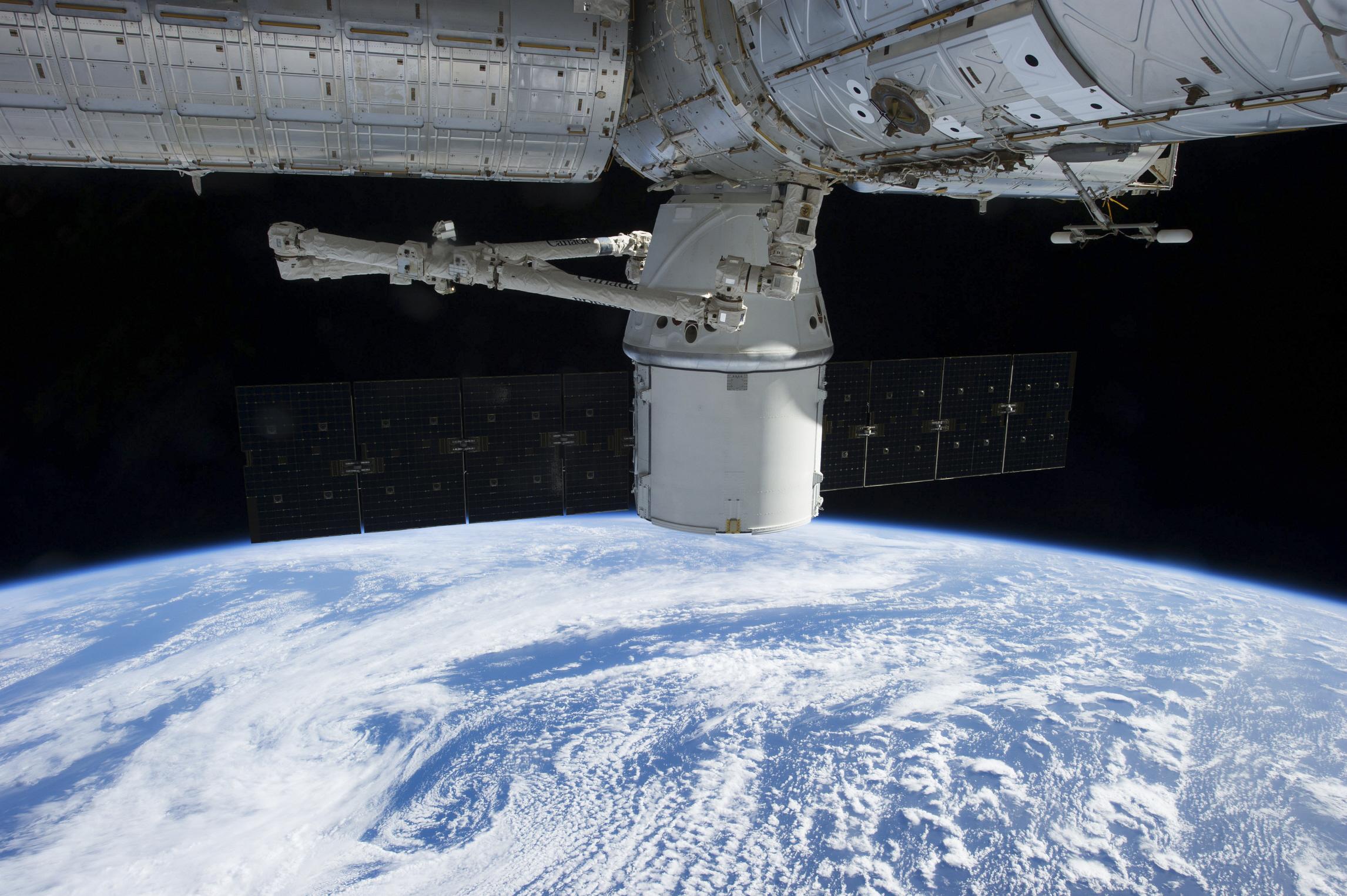 Summer Academy
Summer AcademyOuter Space Affairs
A critical key domain of international politics
Space exploration was always linked to military and strategic interests and was long ruled by the rivalry between the two super power blocs led by the USA and the Soviet Union. During the period of international relaxation, scientific and civilian goals temporarily came to the fore. For example, the International Space Station (ISS), which was initially planned as a military station by the USA, is operated and further developed in international cooperation by 16 states or five space agencies.
Read more -
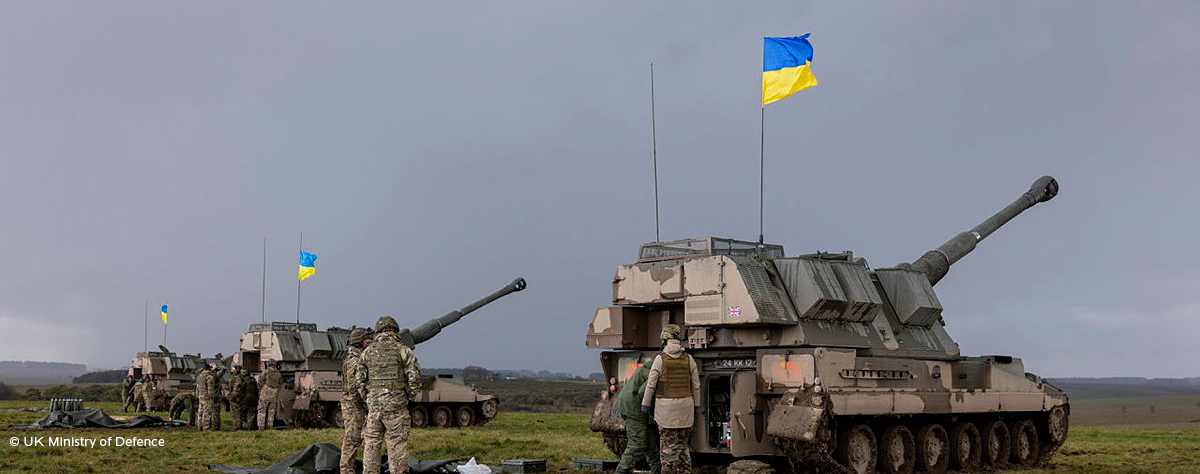 Workshop
WorkshopEuropean Security and Defence after Russia’s War on Ukraine
Dr. Mayssoun Zein Al Din (Executive Director of the Academy of International Affairs NRW), cordially greeted the distinguished participants hailing from the realms of academia and practical policymaking during the workshop’s commencement, delivering a keynote address to set the tone. Under the guidance of Dr. Iulian Romanyshyn (Fellow at the Academy) the session’s context was elucidated. The Russian war against Ukraine, which transpired on February 24, 2022, marks a resurfacing of large-scale military conflict in Europe and is widely regarded as a pivotal moment for EU and Euro-Atlantic security, according to numerous analysts. Of particular surprise is the extent of unity demonstrated through unprecedented support for Ukraine. Equally significant are the sanctions imposed on Russia and the resulting shifts in defense policies among several European nations. Nonetheless, previous security crises failed to produce comparable transformations in the European defense and security framework. Thus, what sets this event apart from its predecessors? This question formed the crux of the subsequent discussion, wherein the impact of the existential military threat on security and defense cooperation in Europe was examined.
Read more -
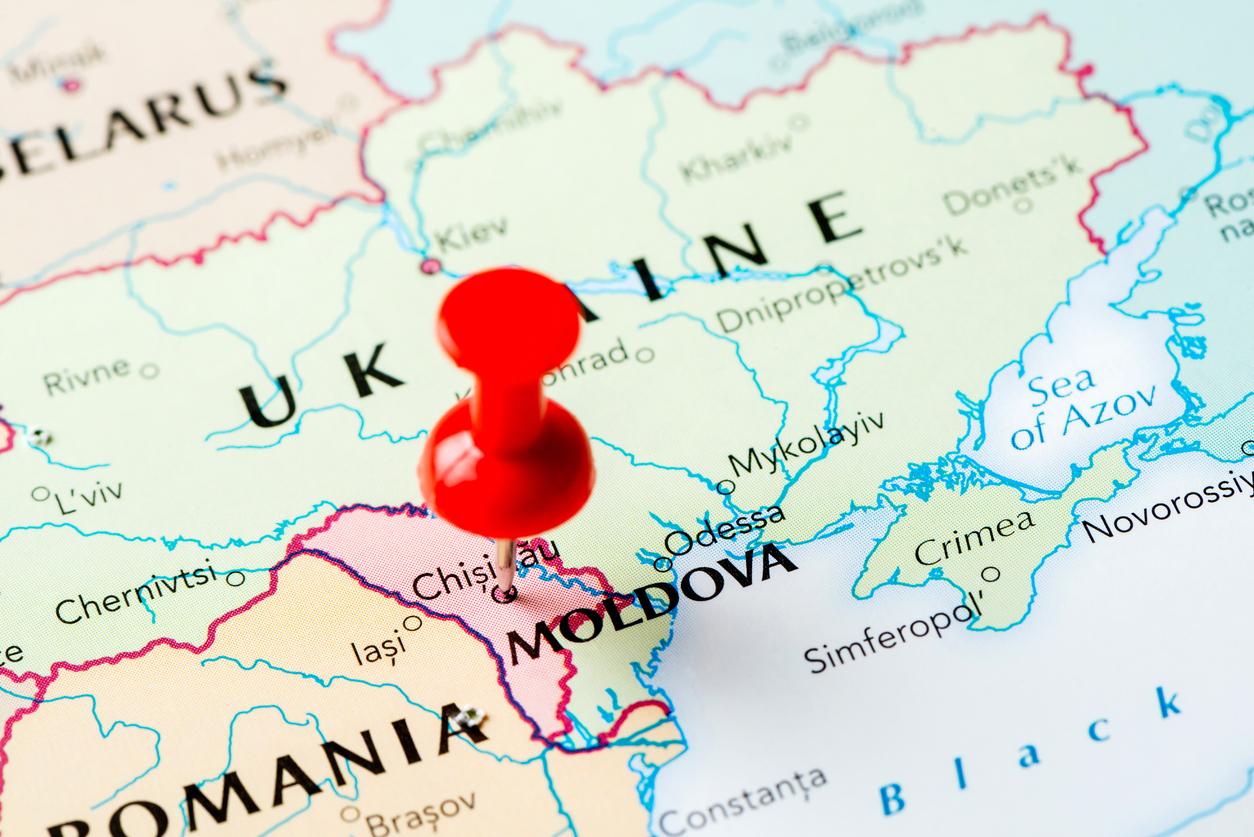 Hybrid Event
Hybrid EventThe Situation in Moldova and the Role of the European Union in Southeastern Europe
Expert Panel with Discussion
The Academy of International Affairs NRW (AIA NRW) organized an expert discussion with Inna Șupac (Fellow at the AIA NRW) and Thomas Mayr-Harting (Austrian Ambassador and Special Representative of the OSCE for the Settlement of the Transnistrian Conflict) on the current situation of the Republic of Moldova and the role of the European Union in South-Eastern Europe on the fourth of May 2023.
Read more -
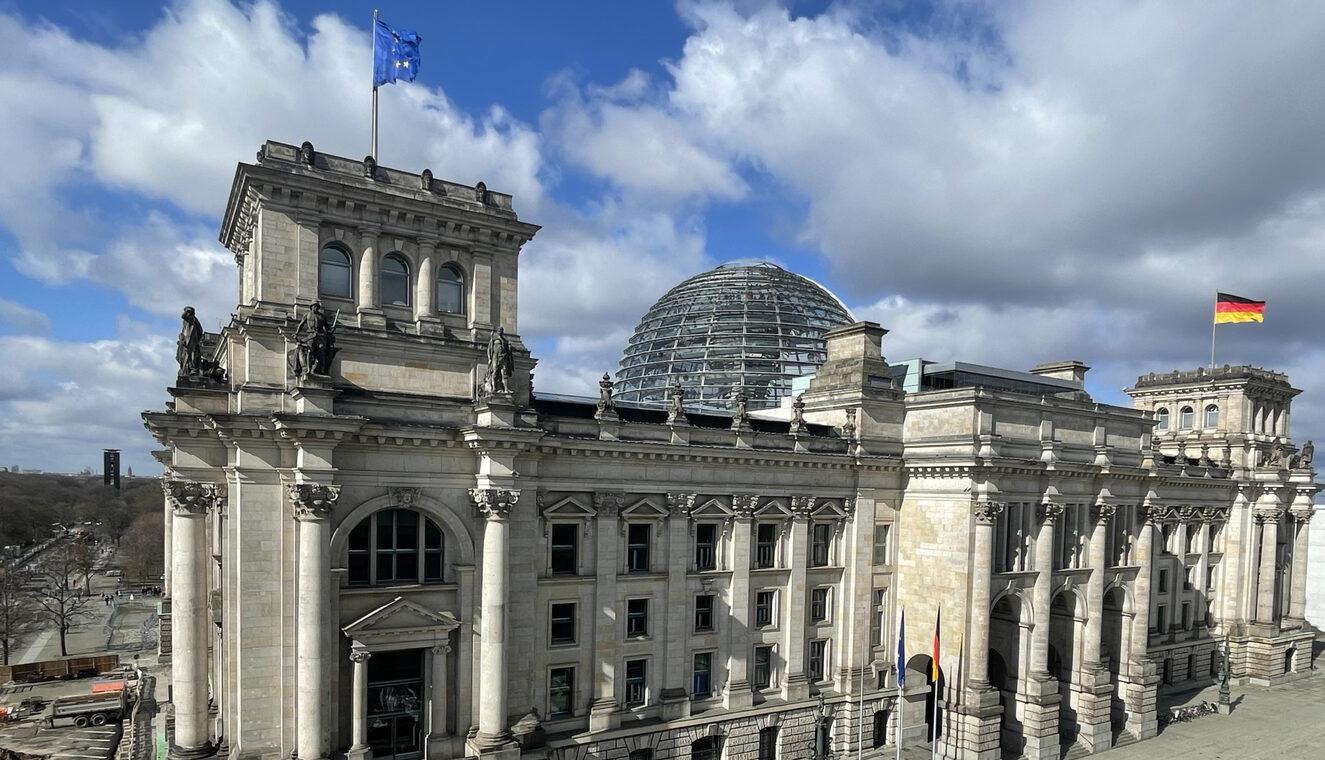
The Evacuation of the Local Forces in Afghanistan – Lessons Learnt
Parliamentary meeting at the Bundestag
On March 15, the Academy for International Politics of North Rhine-Westphalia (AIA NRW) hosted a Parliamentary Encounter on “The Evacuation of the Local Forces in Afghanistan – Lessons Learnt” at the Bundestag from 12:00-13:30.
Read more -
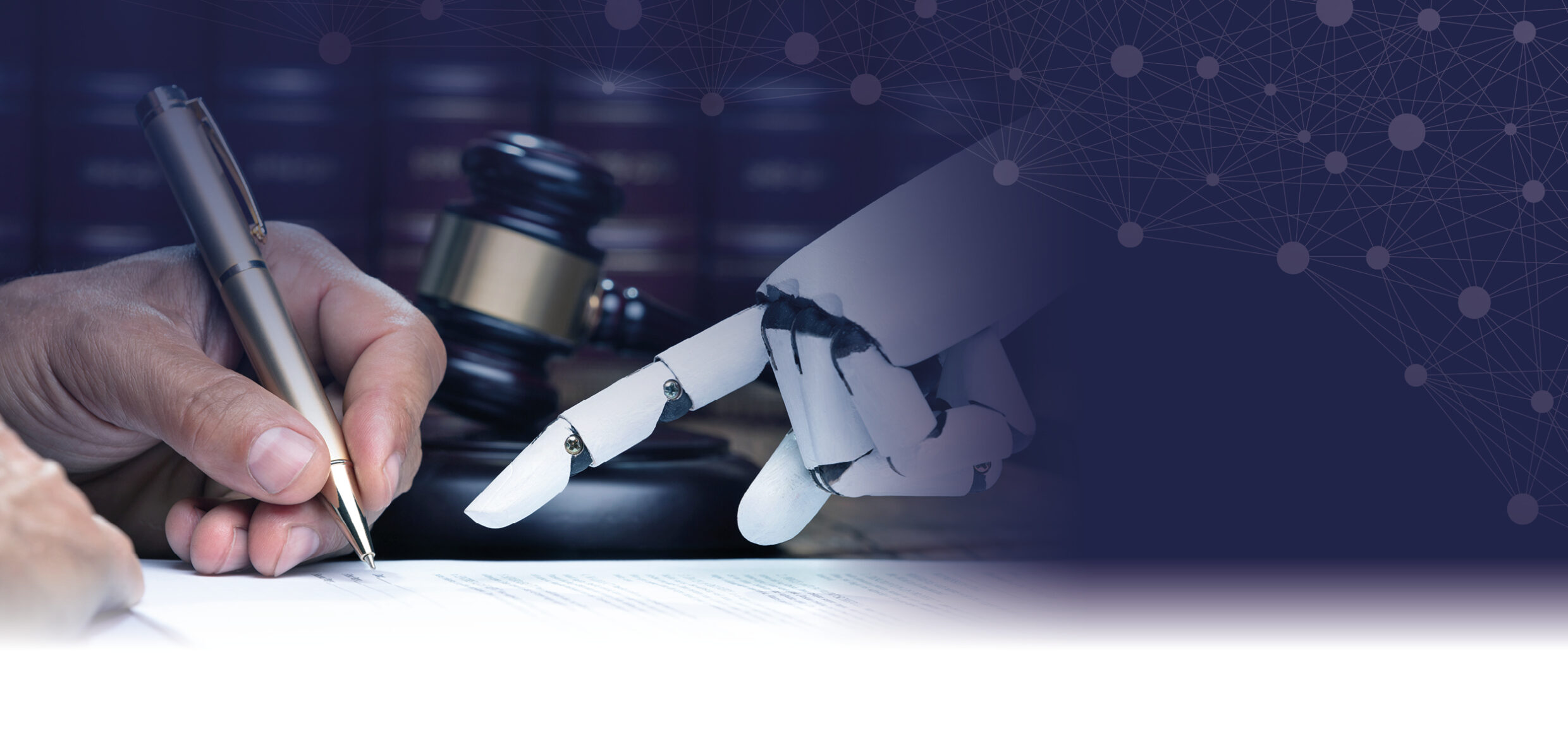
Ethics, Law and Artificial Intelligence – a Tense Relationship
Prof. Dr. John-Stewart Gordon in cooperation with the Deutsches Museum Bonn – Artificial Intelligence Forum
Artificial intelligence (AI) is increasingly and often unnoticed becoming part of our everyday lives. Many decisions in job application processes, in finding a partner, in granting loans or in legal proceedings are now made with the help of AI and are difficult to question due to a lack of transparency. But our overconfidence in machine neutrality is also leading us astray. It is time to better understand the nature of artificial intelligence.
Read more -
 Workshop
WorkshopThe EU AI Act and voices from the Global South
“The Council of the European Union adopted its common position (‘general approach’) on the Artificial Intelligence Act in December’2022. The draft regulation presented by the Commission in April 2021 is a key element of the EU’s policy to foster the development and uptake across the single market for safe and lawful AI that respects fundamental rights. The EU AI act aim is to ensure that AI systems placed on the EU market and used in the Union are safe and respect existing laws and union values.
Read more -
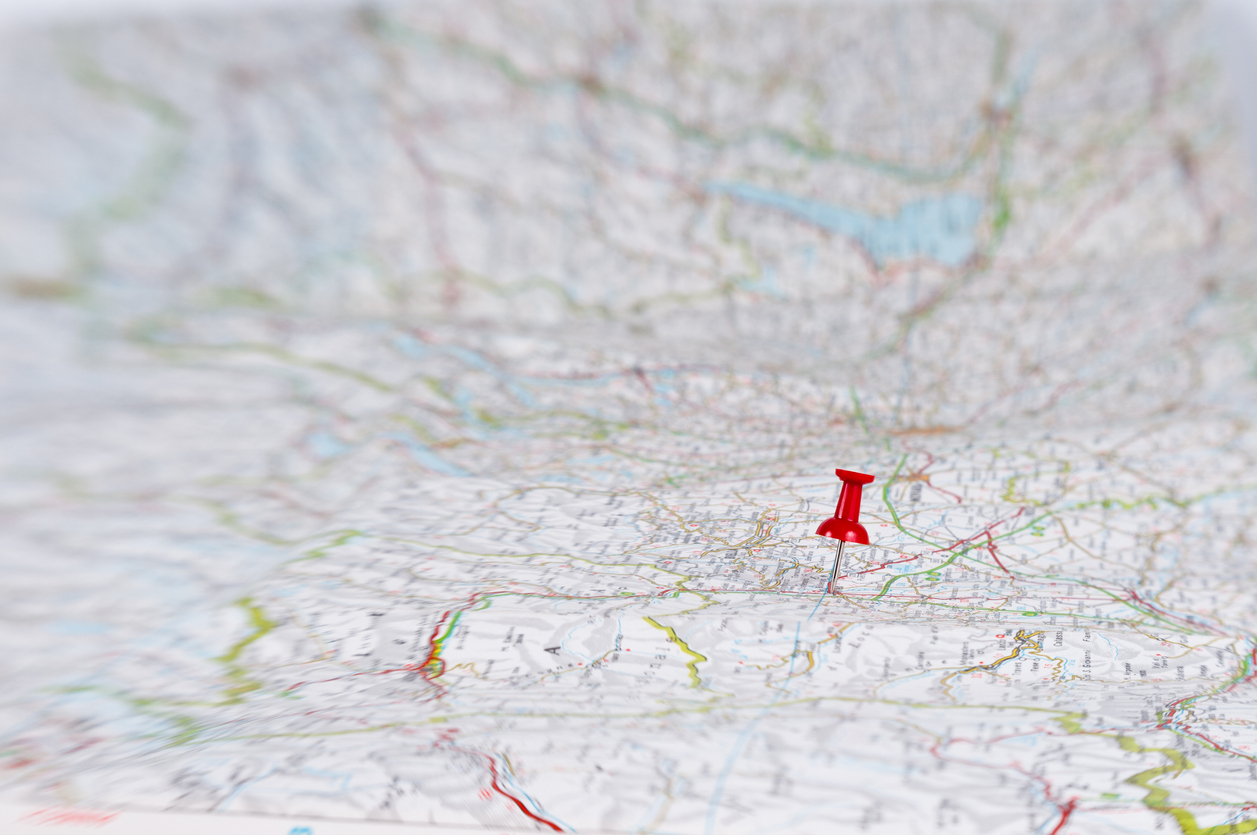 Workshop
WorkshopBordering on disorder
Fragile borders in a global world
Global borders are dynamic. As a political phenomenon, borders are undergoing perpetual change: the bordering process is an ongoing project, one that responds to a global and regional assortment of anthropogenic and naturogenic pressures. Conflict, climate change, pandemics, trade, technology and migration patterns are just a few examples of the many stresses, often interrelated, to which borders are subject and to which they subsequently adjust. As much as borders are dynamic, they are equally heterogenous; they differ as a function of diverse security environments. In other words, how borders adjust in response to new and evolving pressures, such as climate change or a global pandemic, will look different at each border.
Read more -
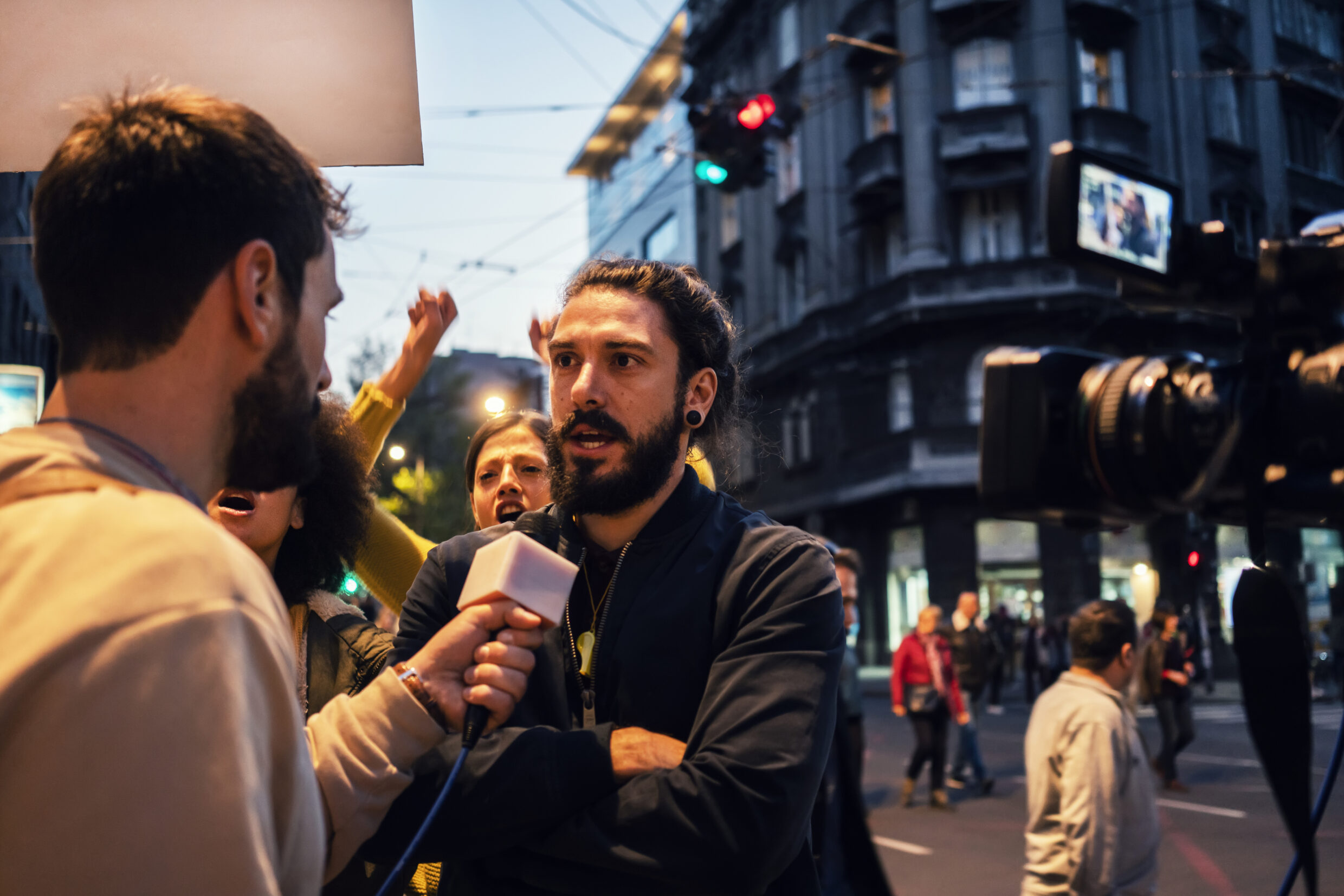
Freedom of Expression in the 21st Century
Between democratic backsliding, disinformation, and the limits of tolerance
In December, the Russian human rights organisation Memorial will be awarded the Nobel Peace Prize in Oslo. To mark the occasion, the Academy of International Affairs NRW has invited the co-founder and Executive Director of Memorial International Dr. h.c. Elena Zhemkova to Bonn. The former President of the European Court of Human Rights, Prof. Dr. Róbert Spanó, will discuss the topic of freedom of expression with her. The Minister for Federal and European Affairs, Nathanael Liminski, will deliver the greeting.
Read more -
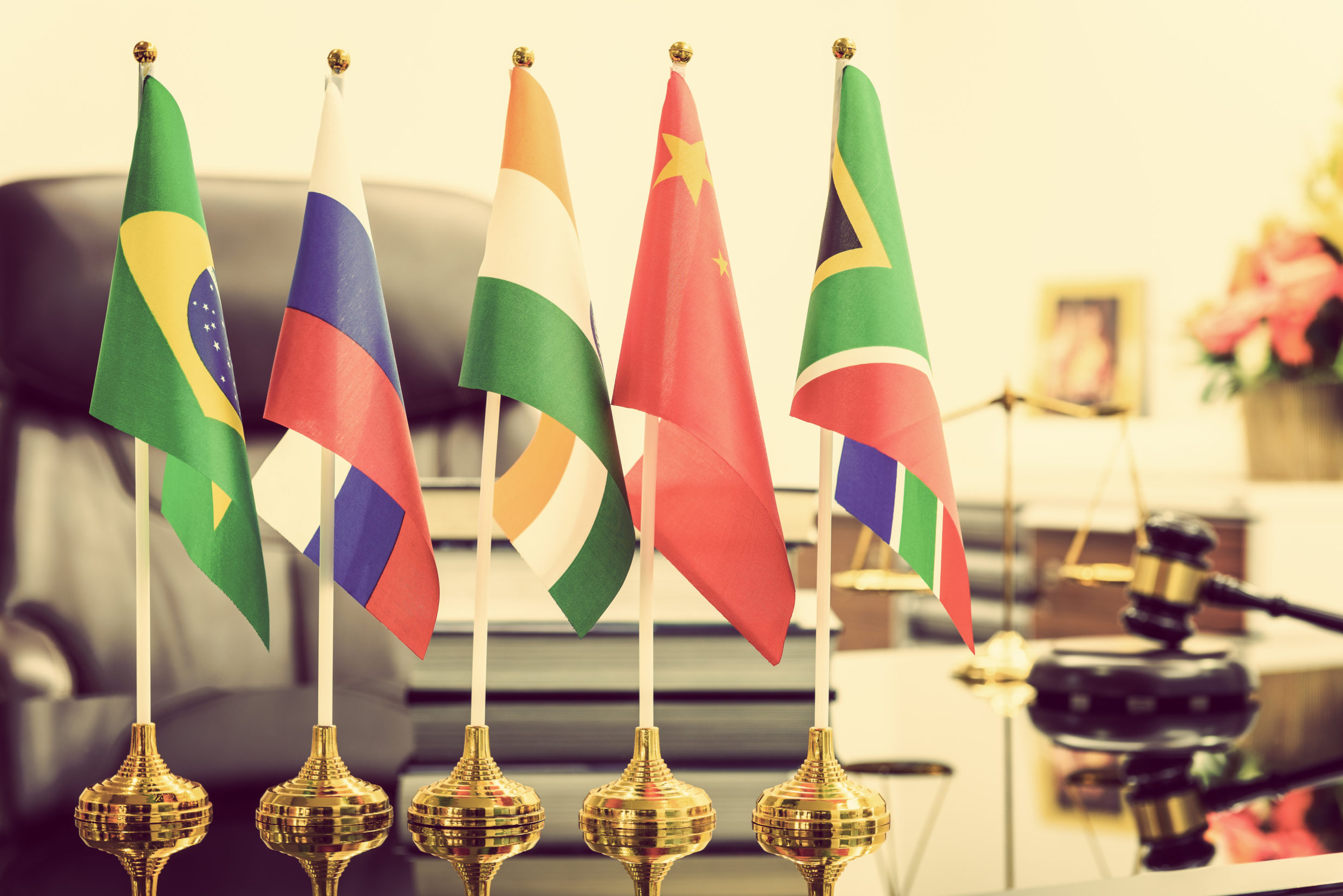 Workshop
WorkshopEmerging Market Democracies as Pivotal States
Regional Powers in an eroded Liberal International Order
The dawn of the 21st Century signaled that a multipolar world would emerge after the American dominance after the end of the Cold War. The acronym BRICs—which stands for the initials of Brazil, Russia, India, and China—was created in 2001 by an investment bank to signal to the market that the global markets would no longer evolve around the advanced industrial democracies of the G7, composed by the United States, Japan, Germany, France, United Kingdom, Italy, and Canada. Two decades after the BRICS—now with a capital S, which stands for South Africa—hold regular meetings in several issue areas. Yet, more than a multipolar world, it seems that we have witnessed the rise of a new bipolarity that opposes Washington and Beijing amidst a global decline in the indexes of democracy and adherence to liberal ideas.
Read more -
 Panel Discussion Livestream
Panel Discussion LivestreamAssessing Climate and Security Research in North Rhine-Westphalia
Panel discussion as part of the Bonn Future Lab on Strategic Foresight “Climate Change and Security”, International Security Forum Bonn 2022
Short-term extreme weather events such as storms or floods as well as long-term transformations of climatic conditions change environments and human habitats in the long term. In unstable regions affected by armed conflicts, they can become so-called “threat multipliers” (e.g. through tightening of food security due to climatic changes), also in high-income countries they can tie up capacities and investments for adaptation and resilience building in the medium and long term and in exceptional cases even fundamentally endangering the very existence of states or sub-state regions, as some island states in the South Pacific are increasingly finding out.
Read more -
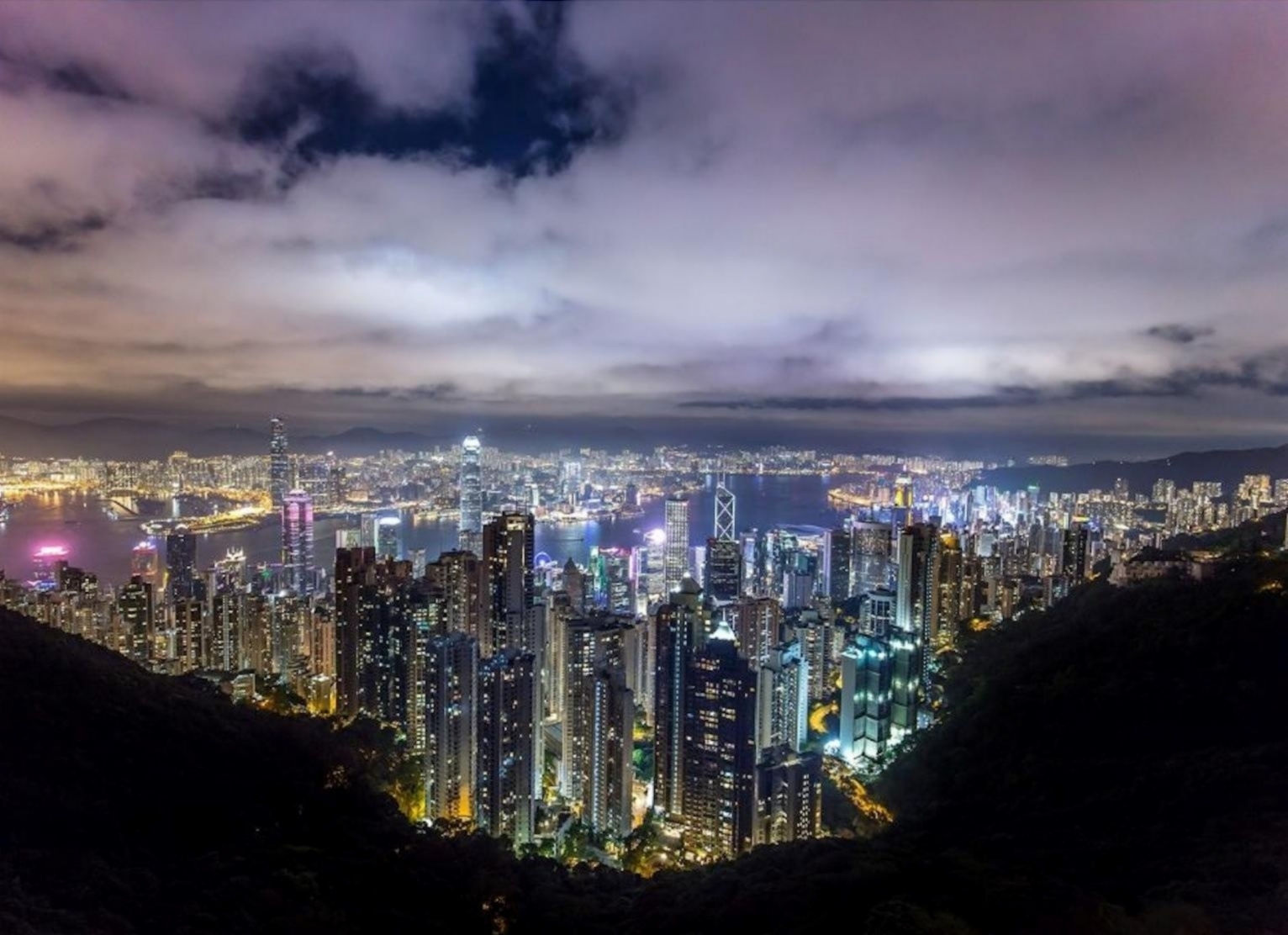 Workshop
WorkshopDigitalization of Memory in China
Digitalization transforms museums, theaters, cinemas, heritage sites, and other identity-creating stakeholders. They began providing streams and other online participation opportunities to stay in touch with visitors. Digitalization offers new modes of interaction and might impact shaping and curation memory. This workshop explores the digitalization of memory in China. Digitalization and datafication spread out much faster in China than in other countries. Despite the rapid digital development in China, research on digital memory is still an unattended field.
Read more -
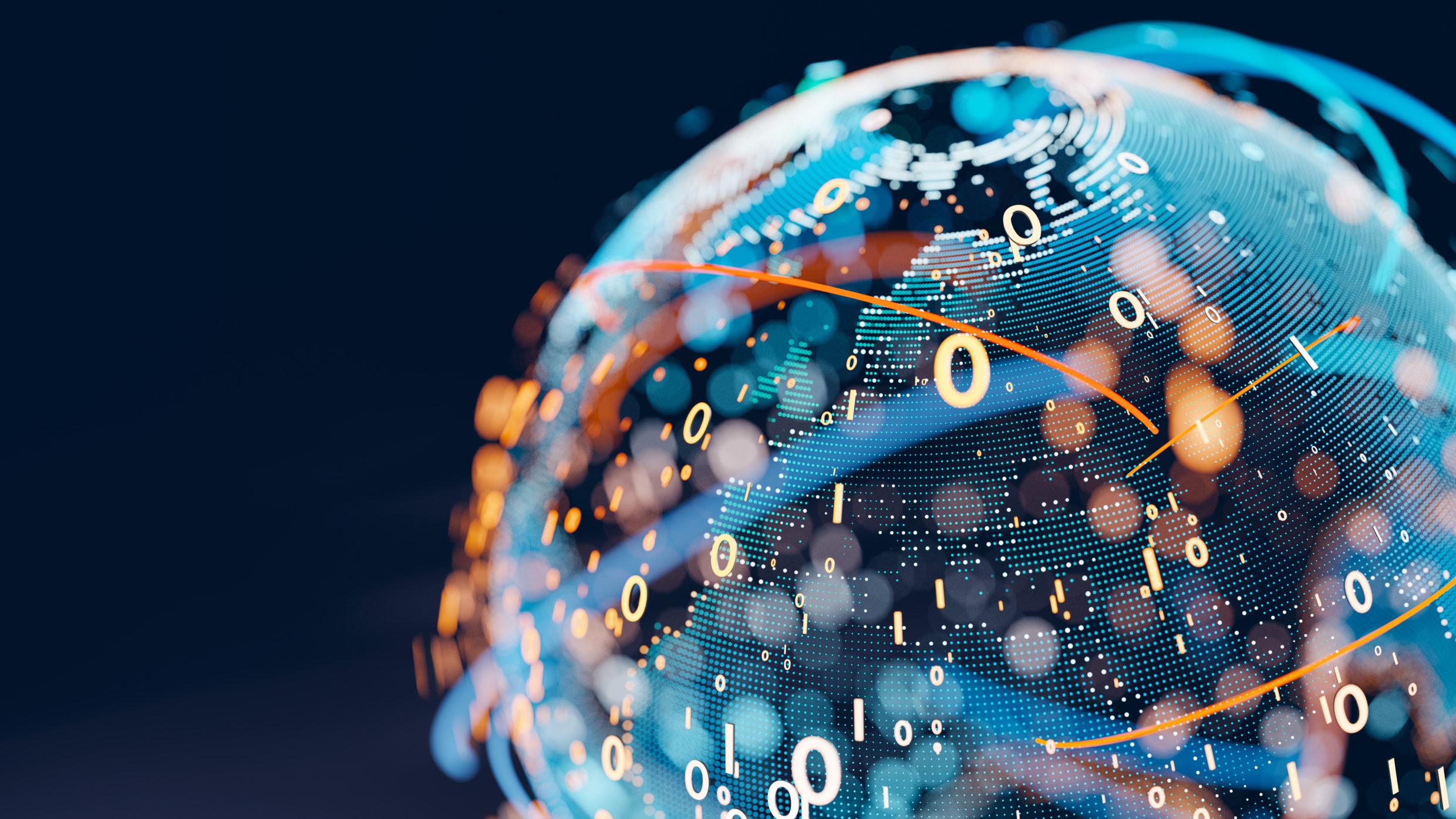 Summer Academy
Summer AcademyThe Geopolitics of Disinformation
Social Media and International Relations
In the wake of the “Arab Spring” and the social protests related to the financial crisis, there was a widespread enthusiasm about the role that social media channels can play for democratic protest movements. Ten years later the euphoria over new, democratic opportunities for communication and political opinion-forming online has largely given way to disillusionment. It has now long been the case that the collective political movements being formed through social media are not just grassroots and democratic in kind, and they are using social media for populist, propagandist and at times openly anti-democratic disinformation campaigns. Their intentions and intitiators are becoming ever harder to trace: we can no longer tell bots from humans, while astroturfing mimics spontaneous grassroots movements in order to manipulate masses of people.
Read more -
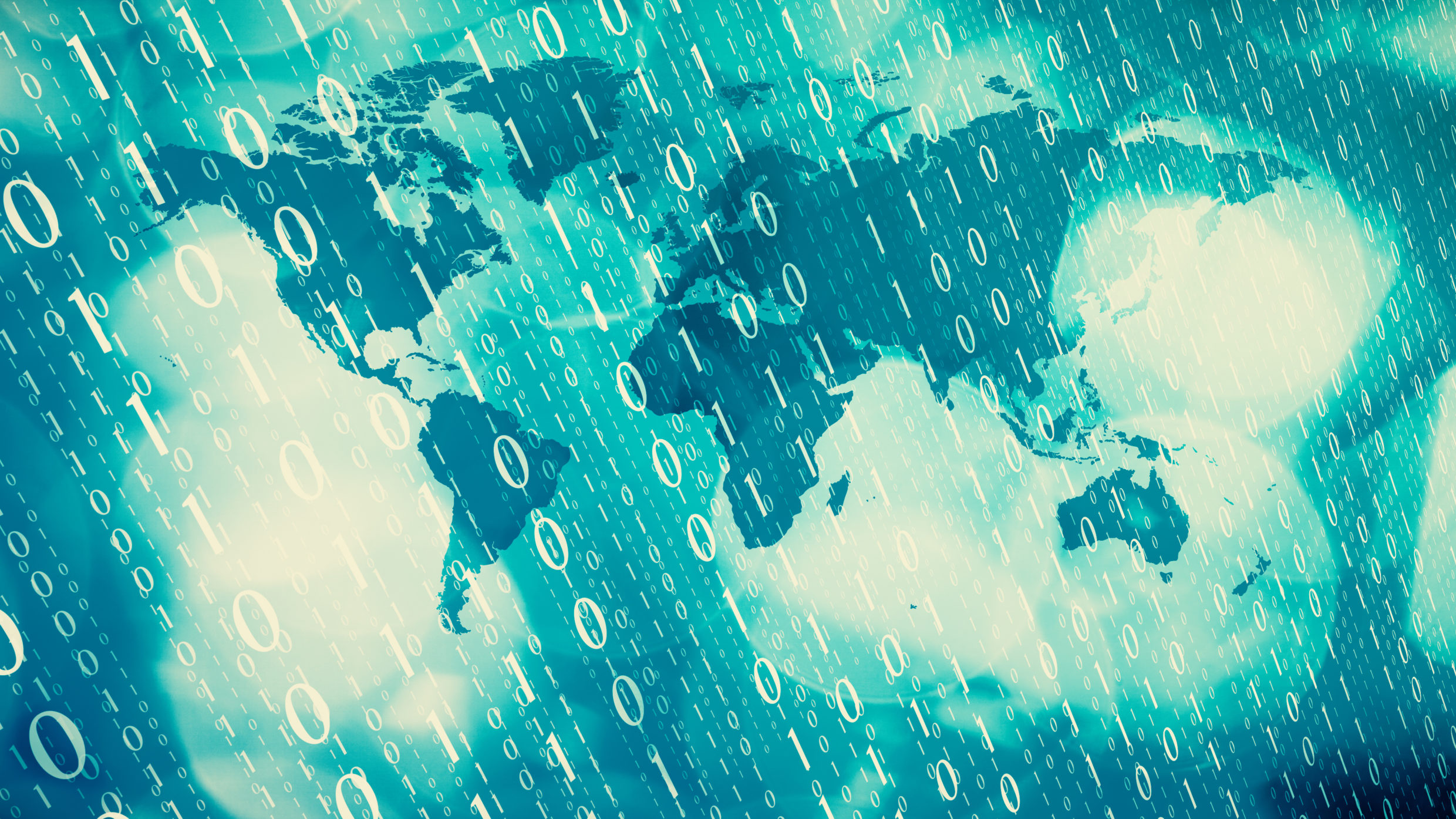 Workshop
WorkshopThe Global Politics of Artificial Intelligence
Historical, Comparative, and Critical Perspectives
The aim of this workshop is to contribute to the global study of artificial intelligence (AI) from the postwar to the present. It will bring together intellectual historians, political theorists, and sociologists in order to investigate the political theories and world order visions conveyed by historical and present-day AI technologies; to compare them across contexts; and to reflect on the challenges raised by such comparisons.
Read more -
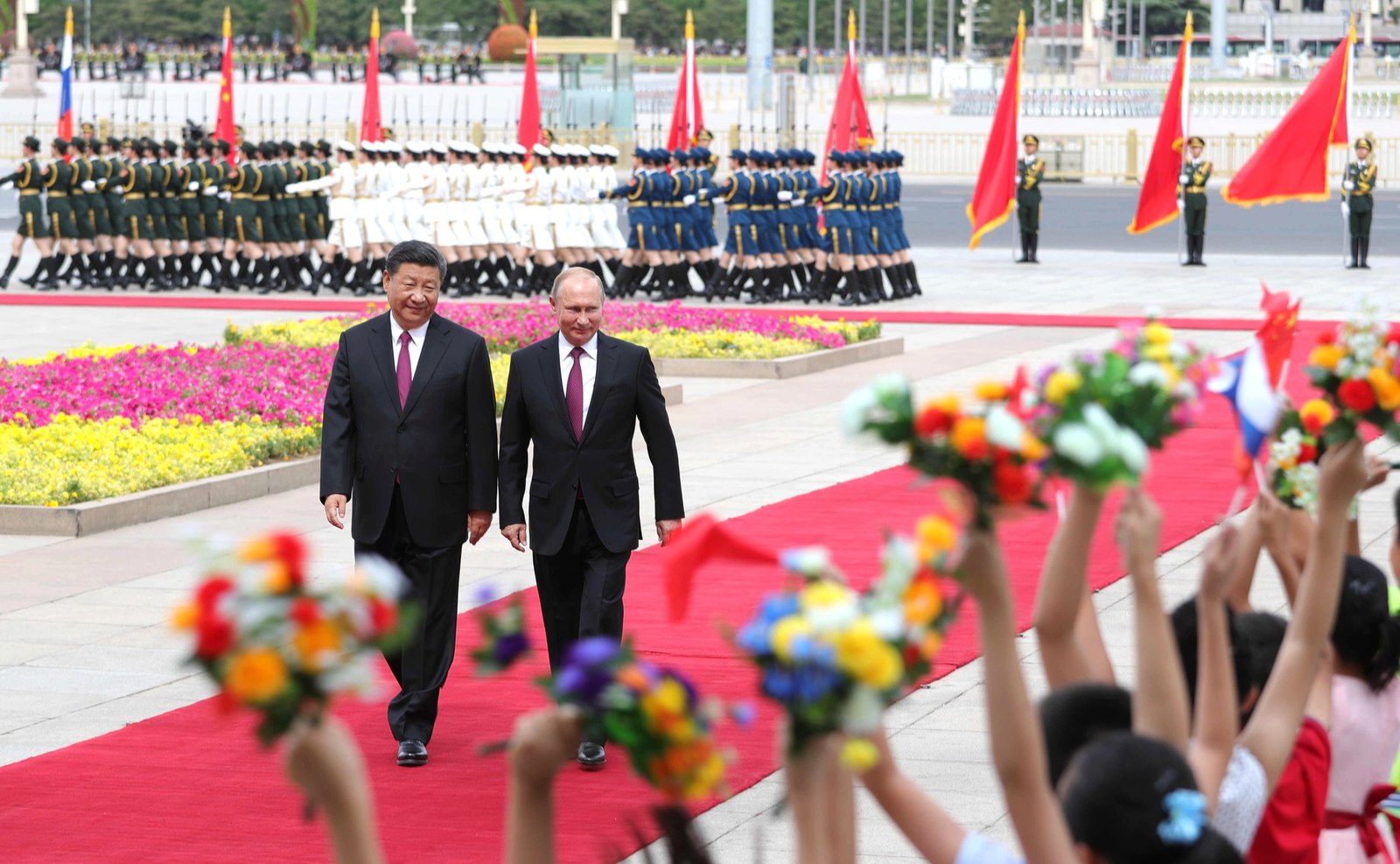 Event
EventFriendship without boundaries?
The Russian-Chinese relationship during the war in Ukraine and its implications for Europe’s future
Russia and China seem closer than ever notwithstanding the war in Ukraine. The Chinese leadership has refused to criticize Russia despite mounting pressure to condemn the Russian war of aggression against Ukraine. Just as Russia becomes economically and politically more reliant on its eastern neighbour, China is unwilling to give up years of trust building and forming a united ideological front against NATO and the US. At the same time, China is worried about being affected by the Western sanctions levied against Russia.
Read more -
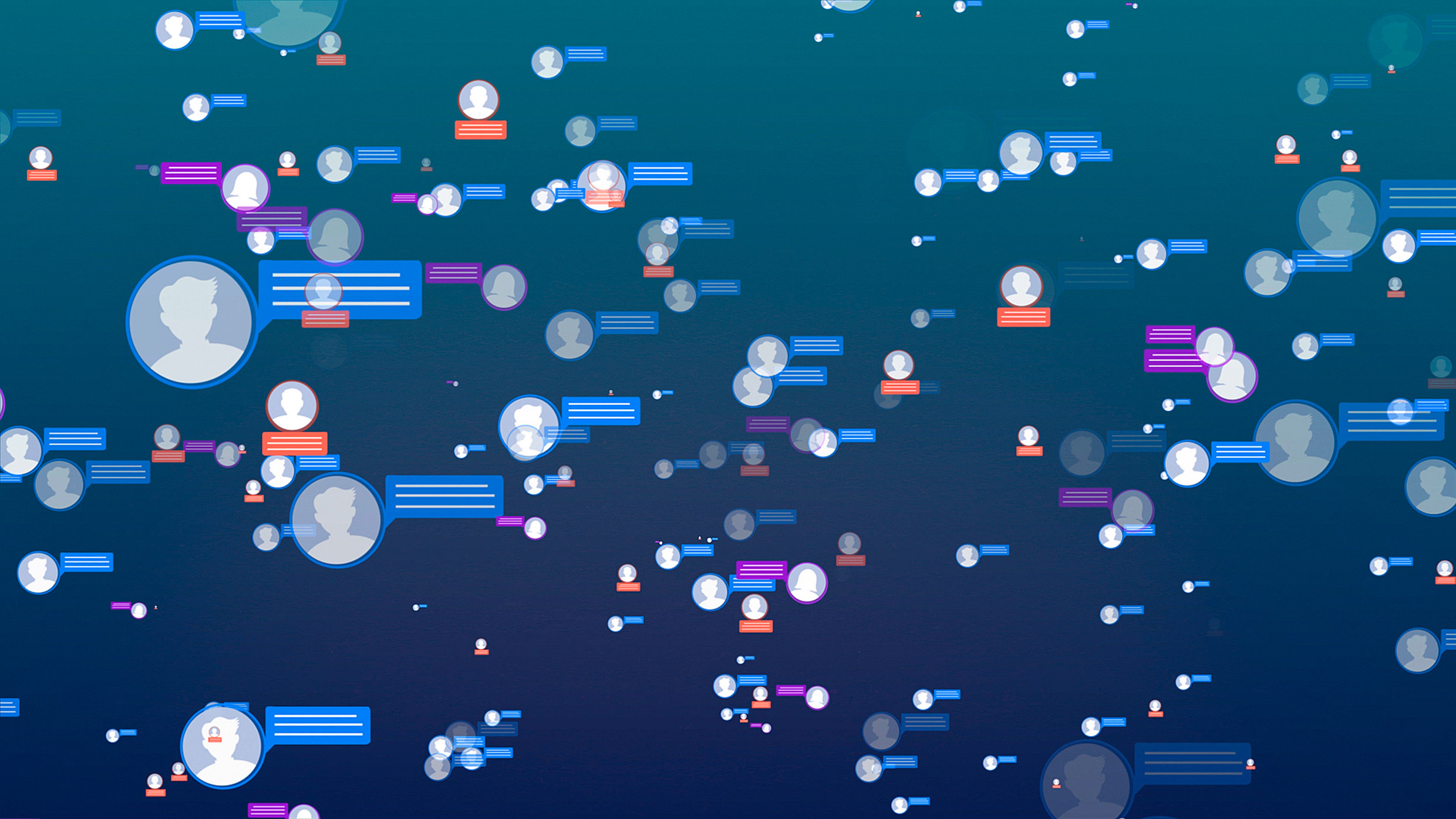 Workshop
WorkshopSocial Media Impact on International Affairs
This workshop brings together academics from computer science, economics, psychology, sociology, and political science to exchange opinions on contributions each of the disciplines can make to mitigate the risks of (social) media-based disinformation and polarization in international relations and develop options for interdisciplinary cooperation to this end.
Read more -
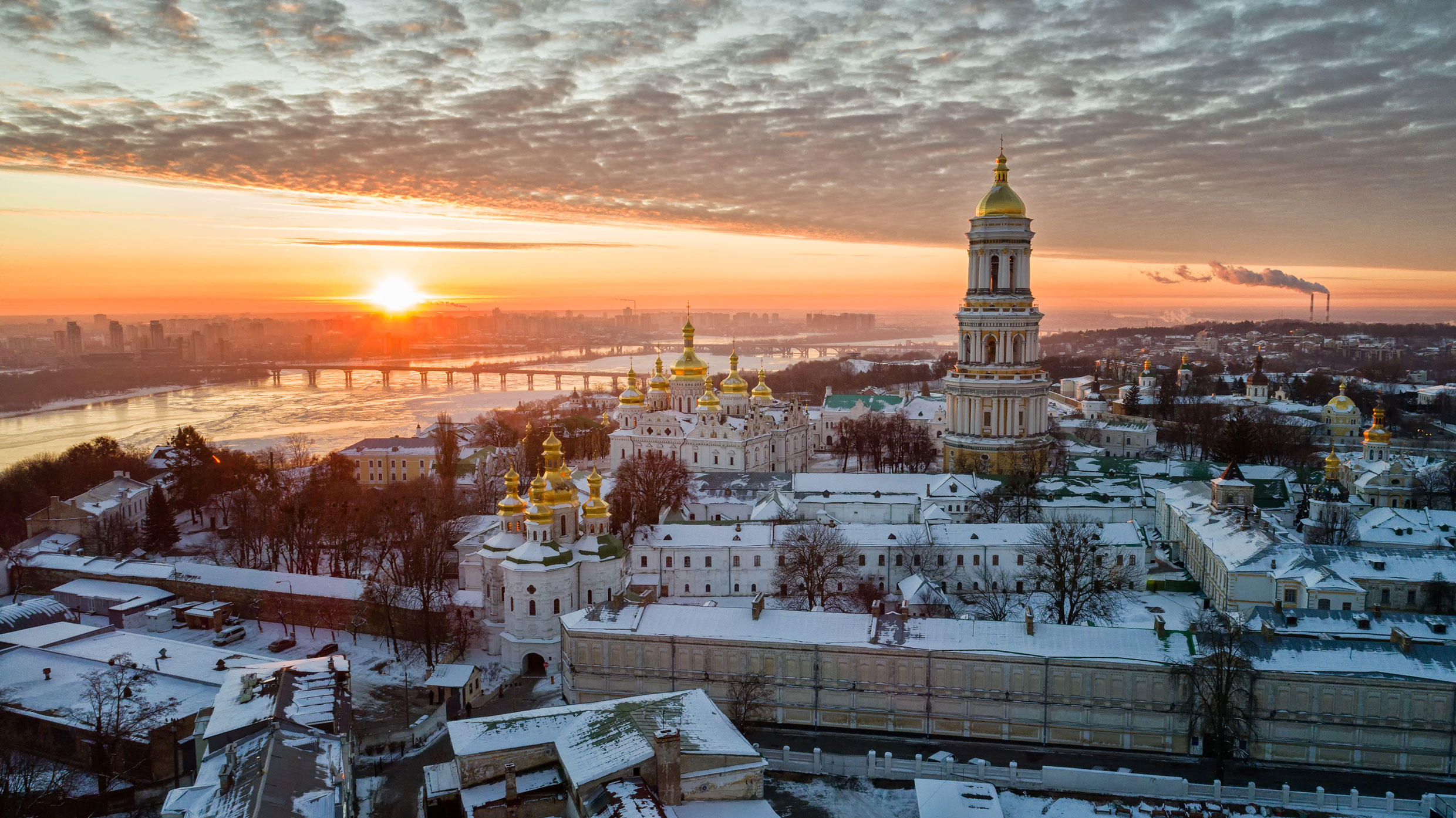 Event
EventUkraine – Russia
Identity and History in a Current Conflict
Russia is pursuing a war of aggression against Ukraine with the goal of forcing its disappearance as an independent state and of fundamentally altering the security architecture of Europe. At the same time, it has become clear how much the return of thinking in terms of spheres of influence builds on historical arguments, which were used by Vladimir Putin himself in 2021 in an essay more than 20 pages long. There he insisted that the Ukraine belongs to a Russian and Orthodox cultural sphere. The justification it has given for the invasion of its neighbour is also based on purported historical circumstances.
Read more -
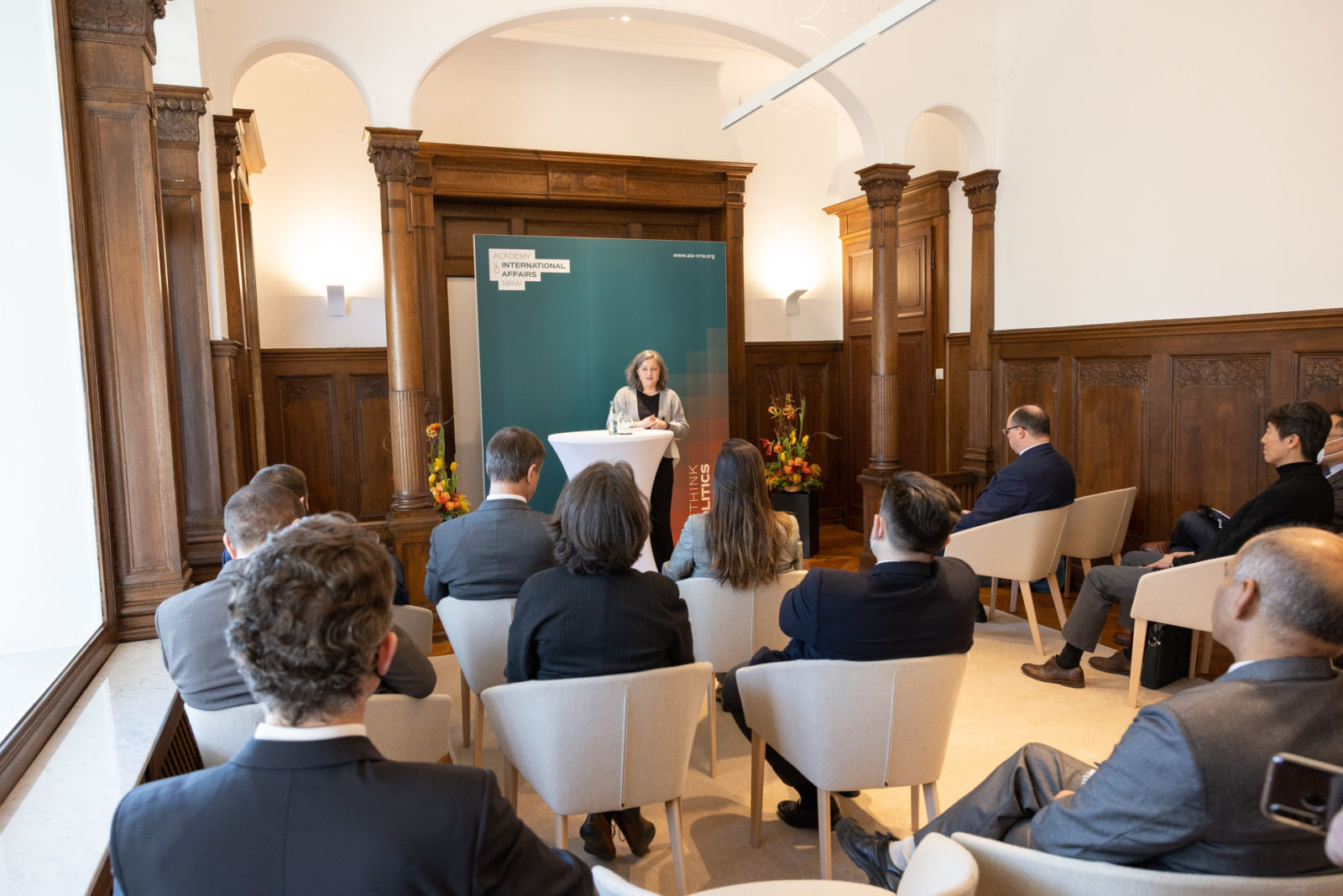 Impulse
ImpulseLectures for the Consular Corps
On 15 February 2022, the Consular Corps of North Rhine-Westphalia was invited to the Academy of International Affairs NRW. There, Regine Grienberger, Ambassador for Cyber Foreign Policy at the Federal Foreign Office, spoke about Cyber Diplomacy. Political scientist Volker Kronenberg from the University of Bonn reported on his department.
Read more -
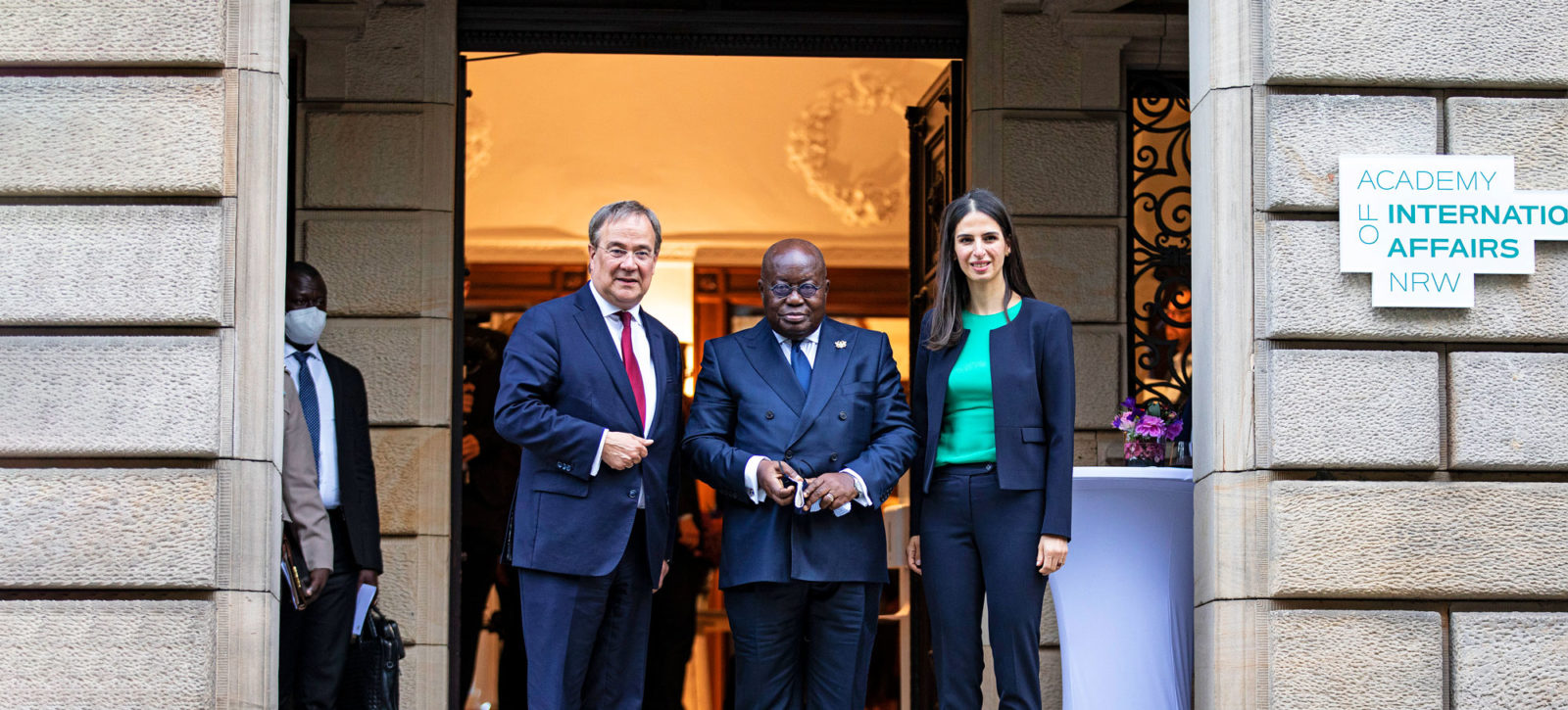 Celebratory Event
Celebratory EventOpening Ceremony
At the invitation of the Minister-President of North Rhine–Westphalia, Armin Laschet, the opening ceremony of the Nordrhein-Westfälische Akademie für Internationale Politik – Academy of International Affairs NRW was held on 25.08.2021. At the seat of the Academy at Bad Godesberg in Bonn, the Executive Director Mayssoun Zein Al Din welcomed numerous guests from the worlds of politics and research. Among those present were Nana Addo Dankwa Akufo-Addo, President of the Republic of Ghana, Jean Asselborn, Foreign Minister of the Grand Duchy of Luxemburg, and the former Foreign Minister of Afghanistan, Rangin Dadfar Spanta.
Read more -
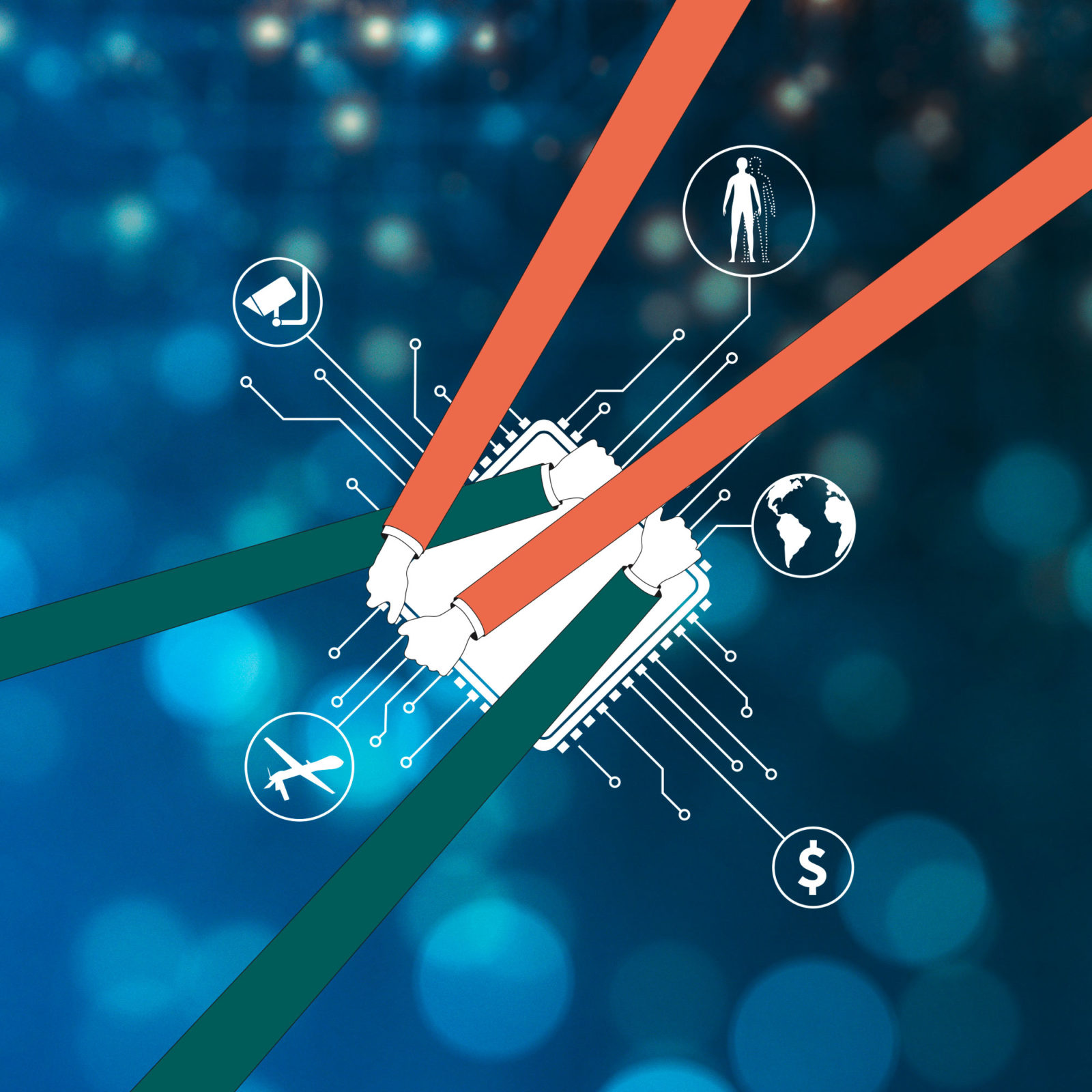 Summer Academy
Summer AcademyArtificial Intelligence and International Politics
The first event, the Summer Academy ‘Artificial Intelligence and International Politics’, has already taken place. The Academy held a discussion with members of the scientific and diplomatic communities about the role of Artificial Intelligence in international relations. Individual lectures were broadcast online in a livestream and are now freely available as video or audio recordings.
Read more

